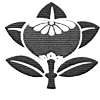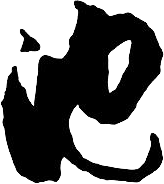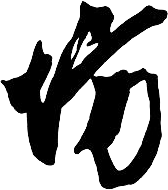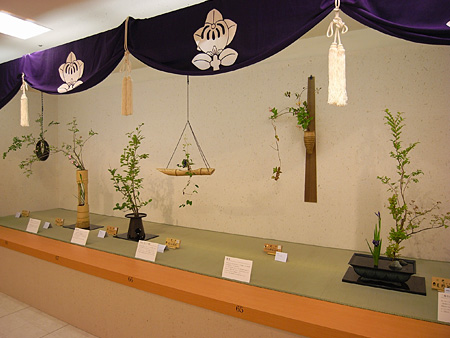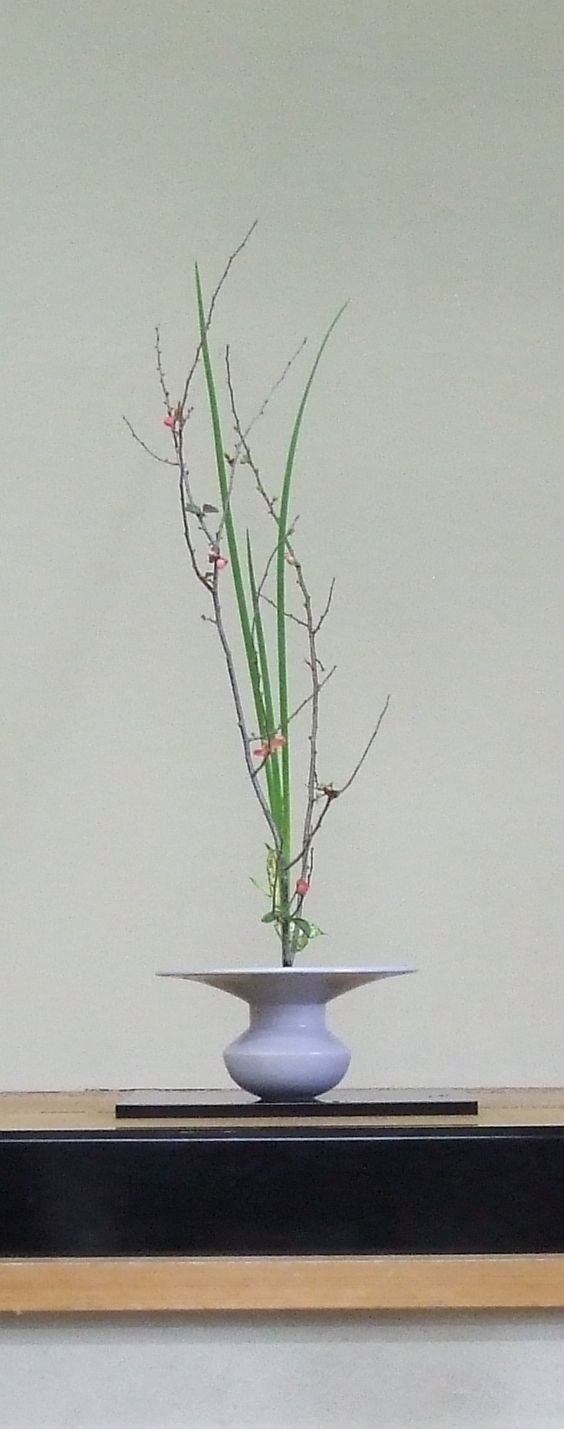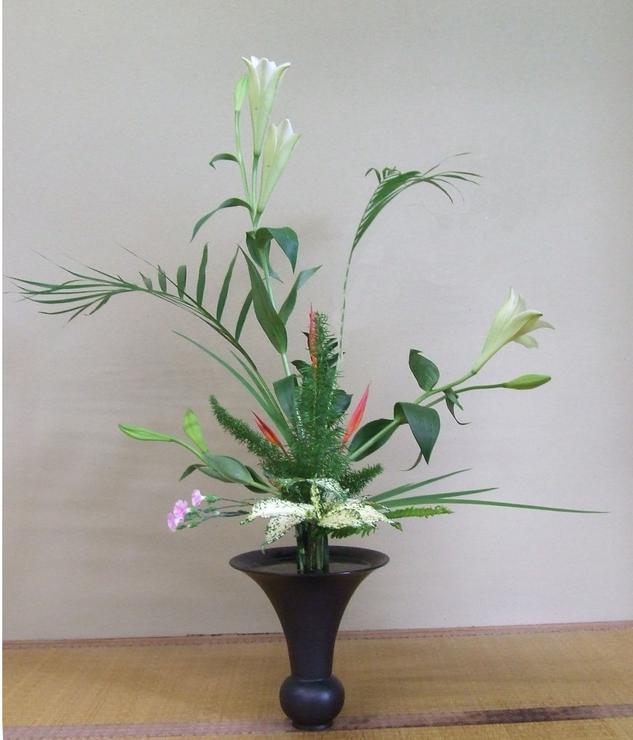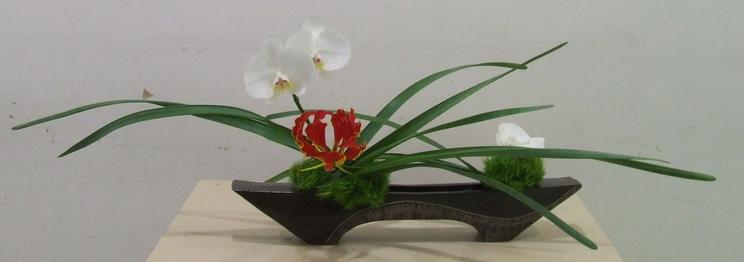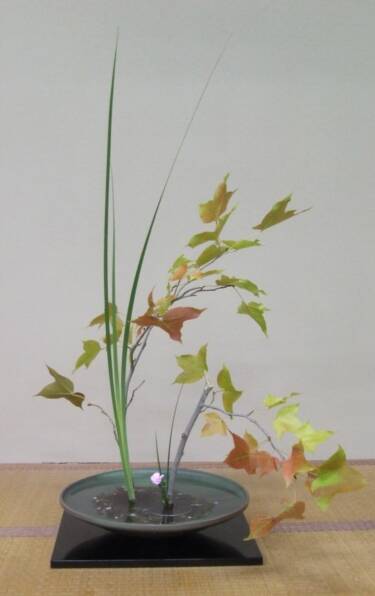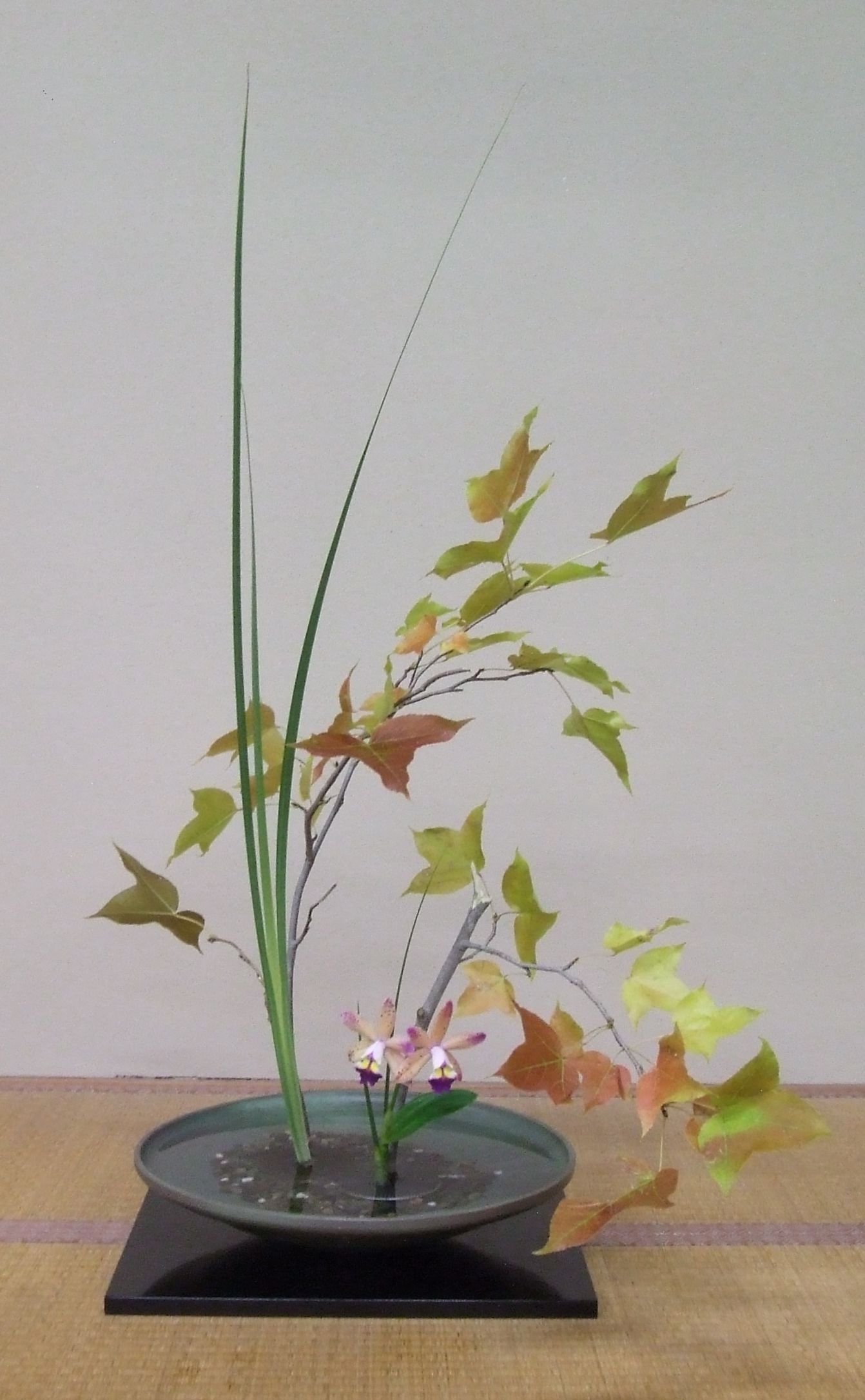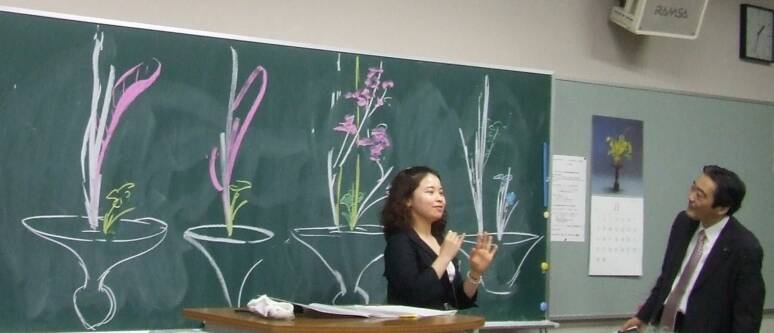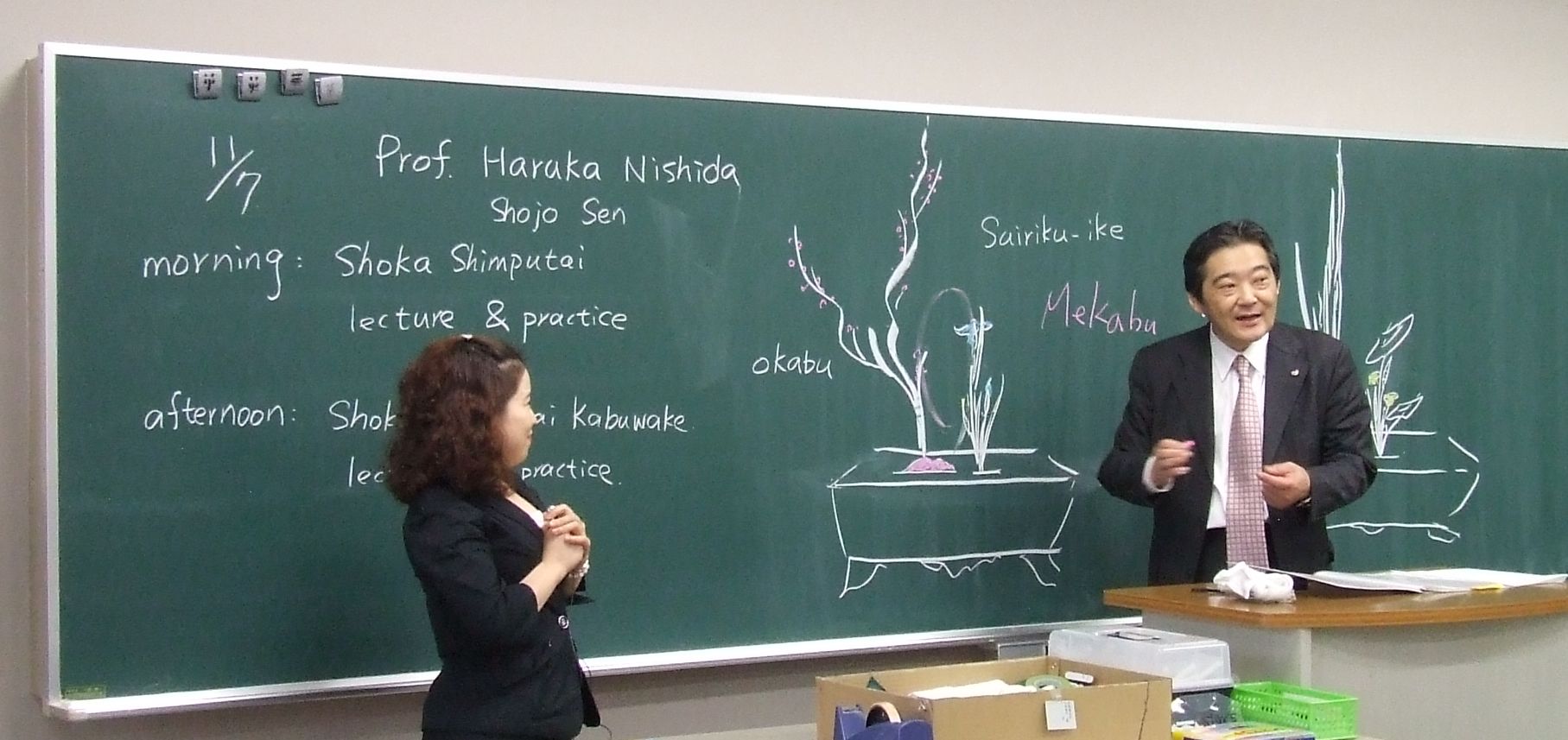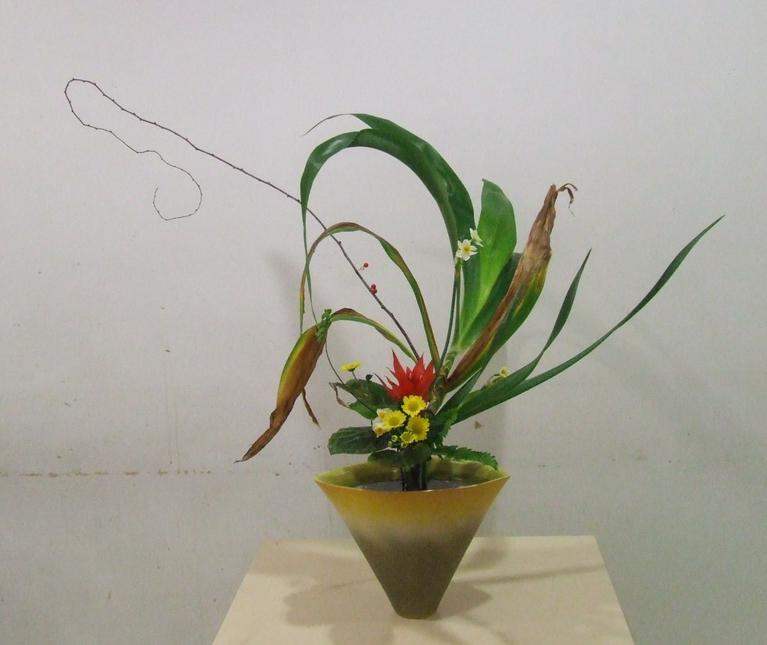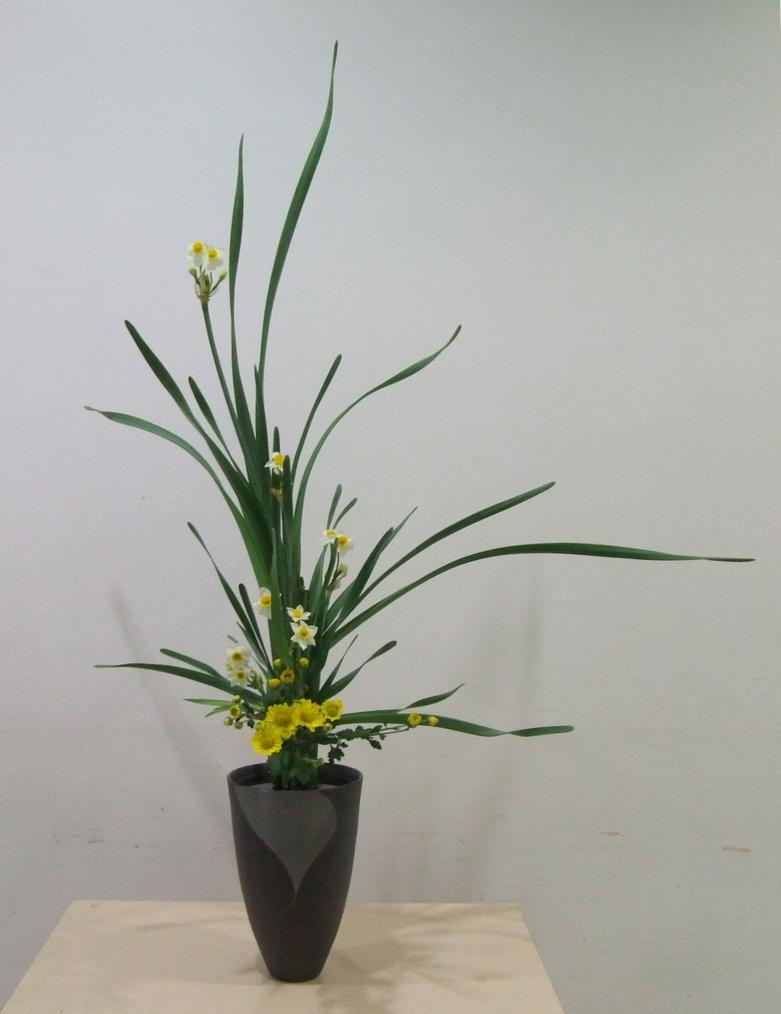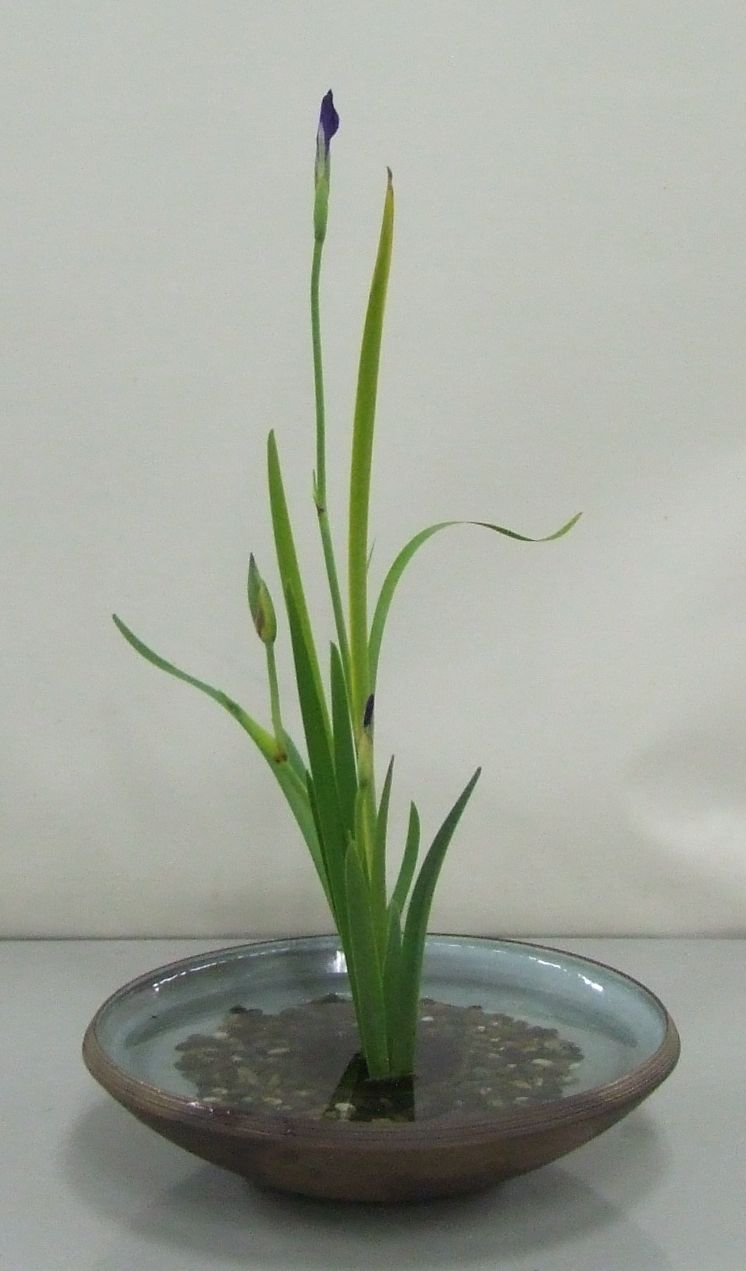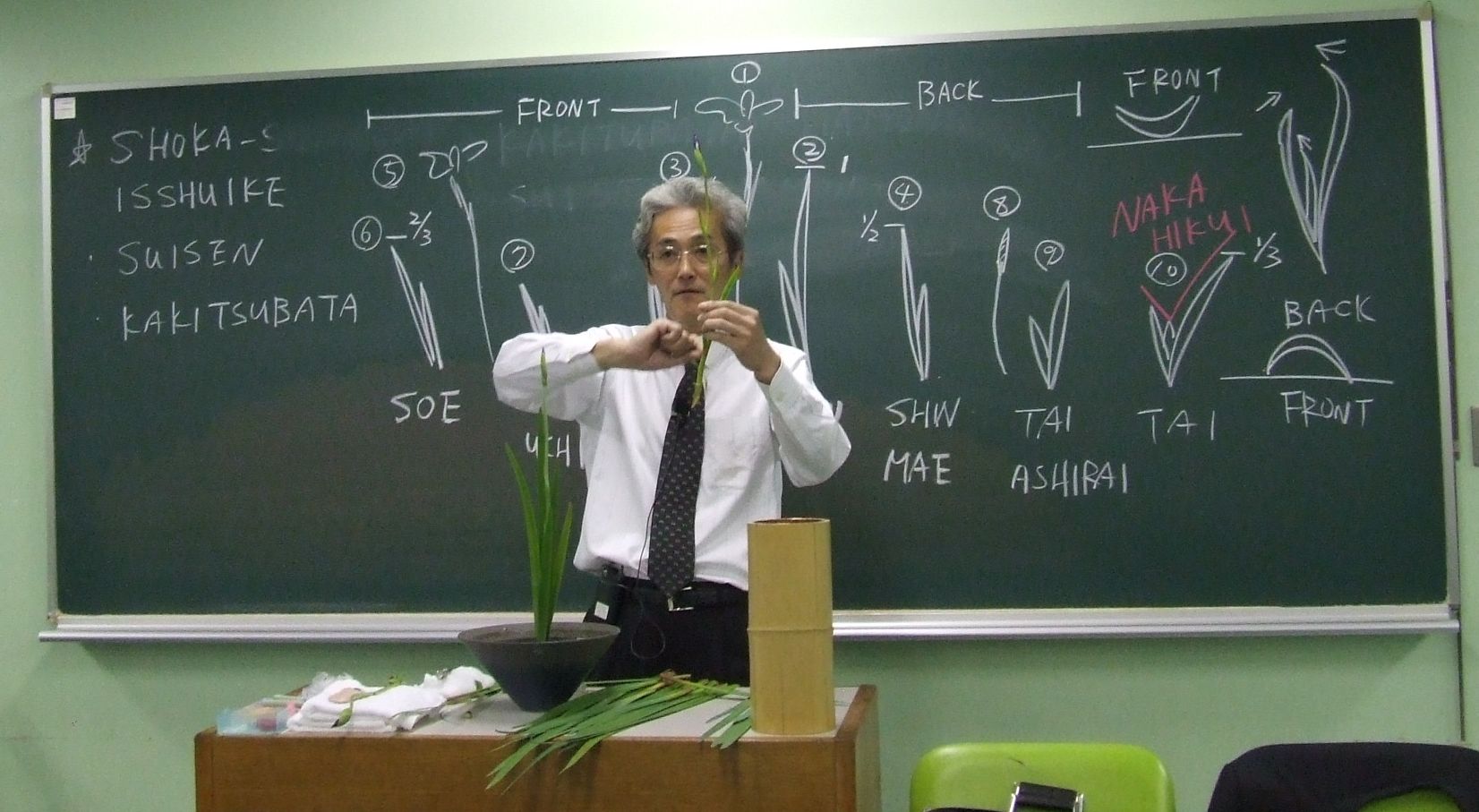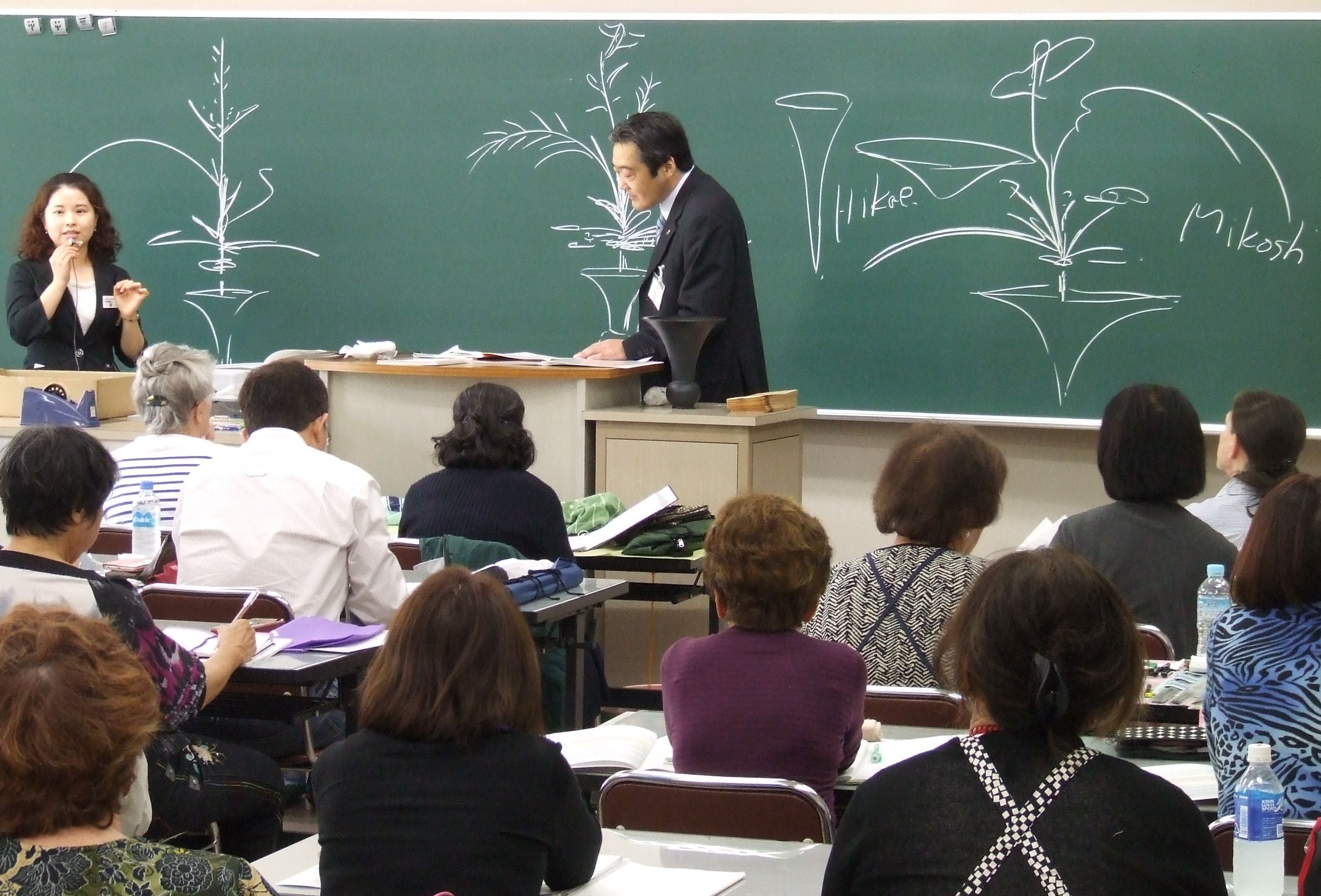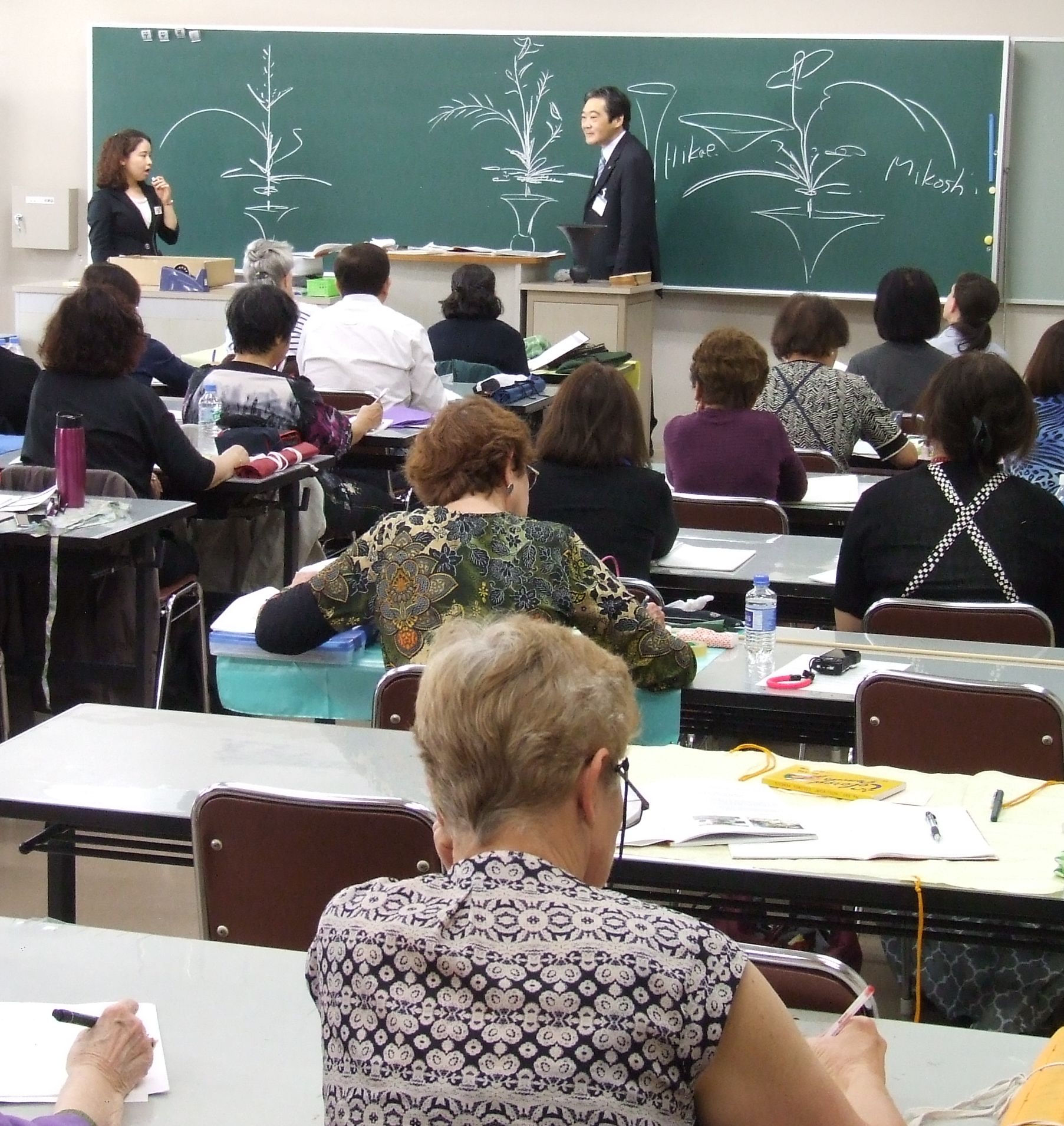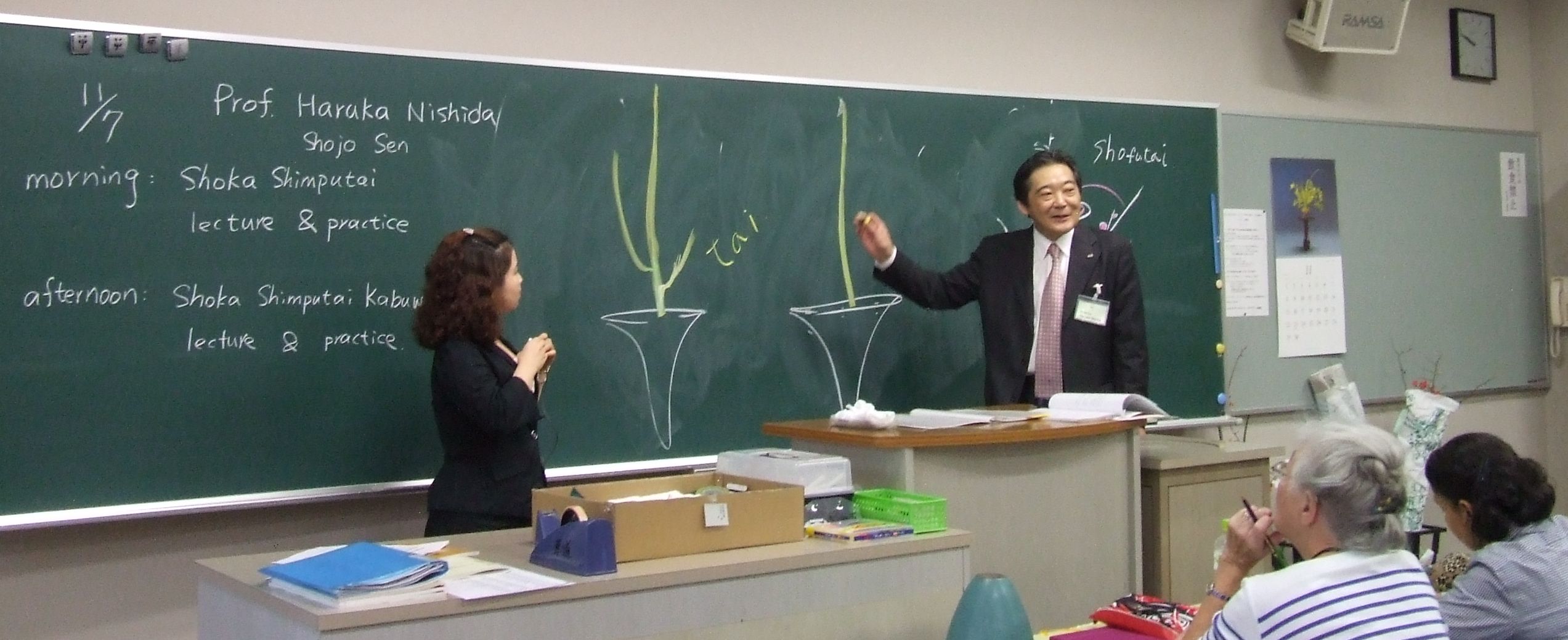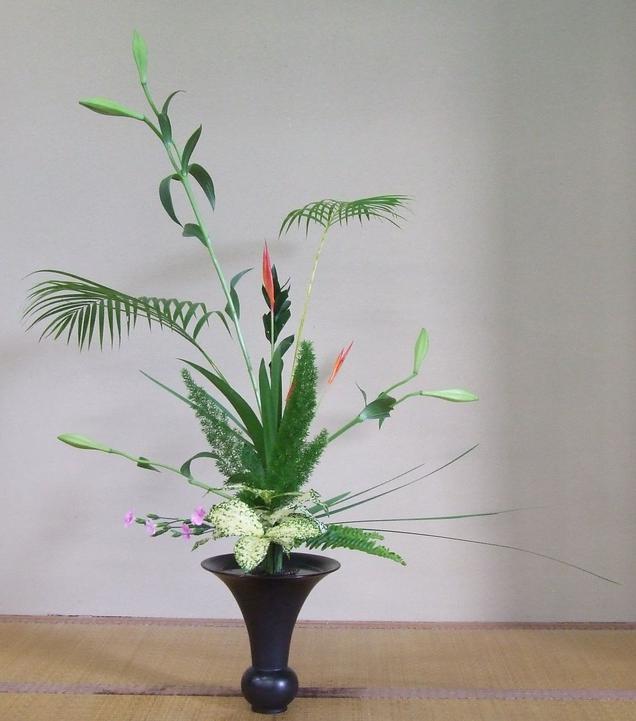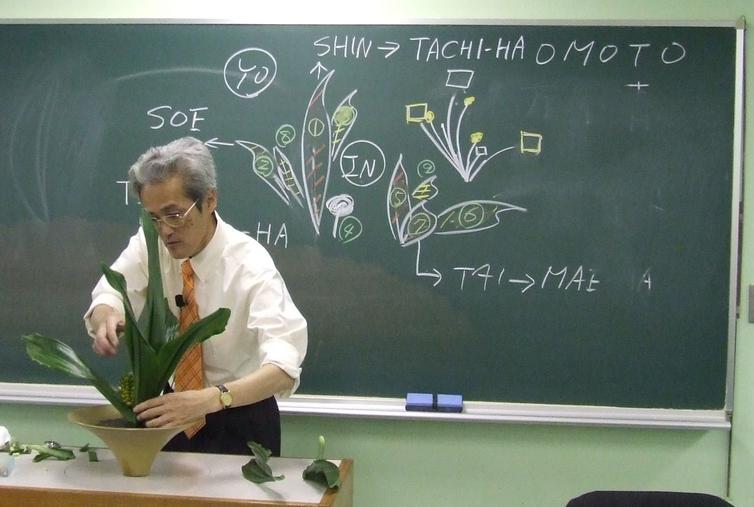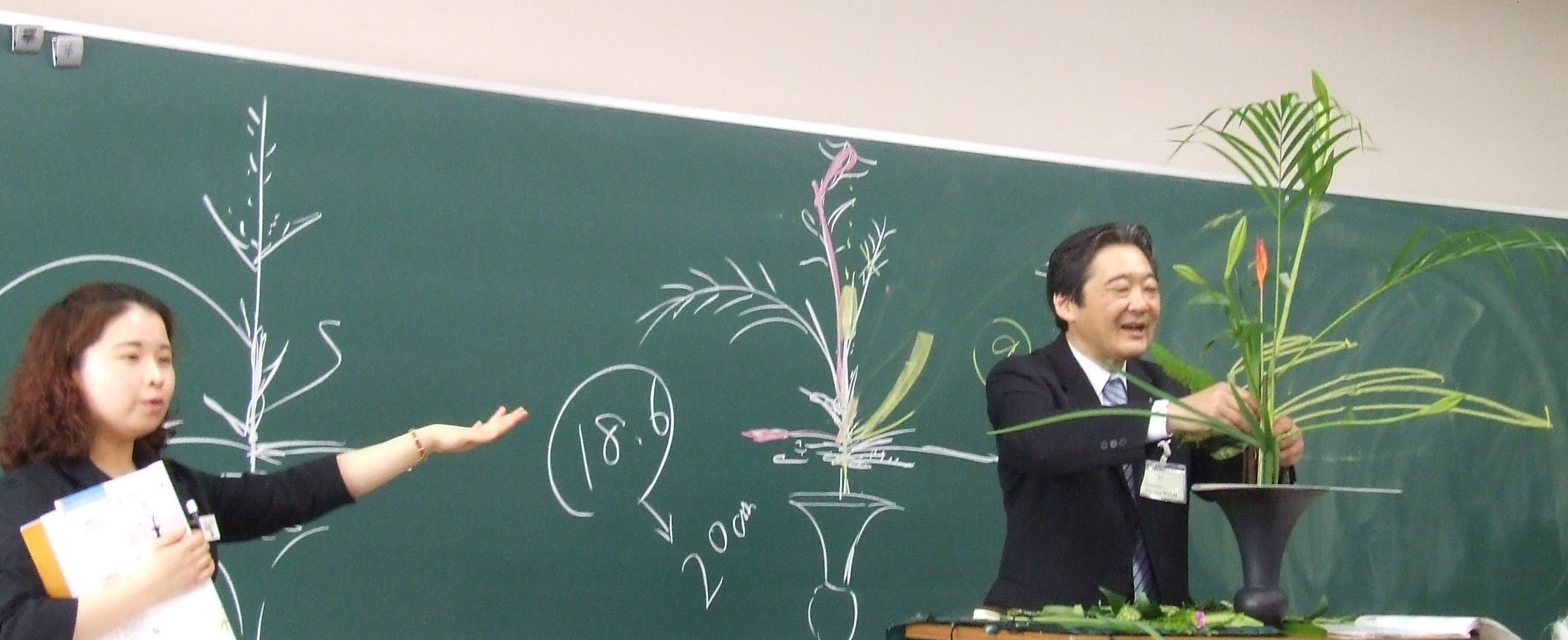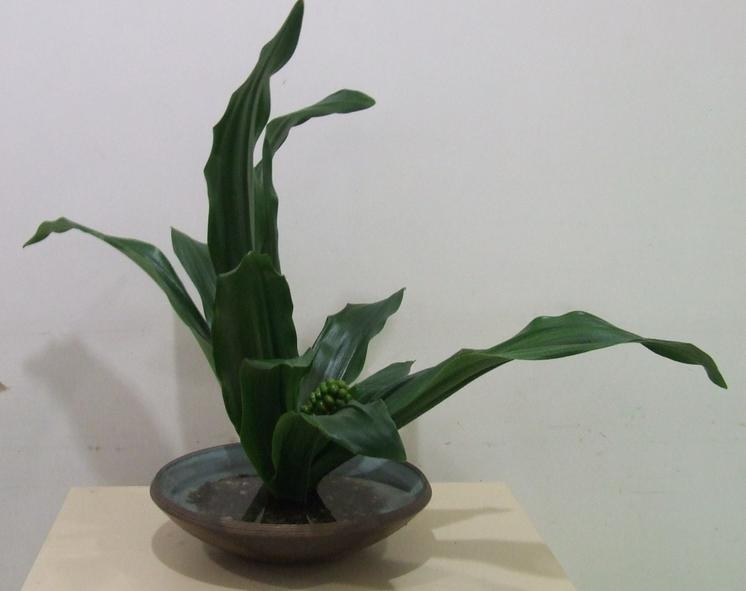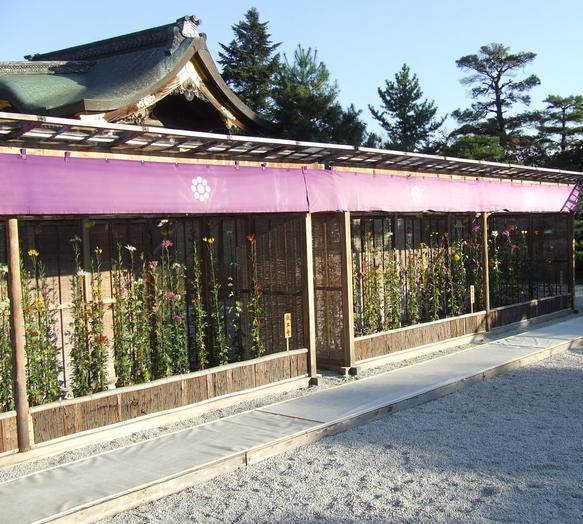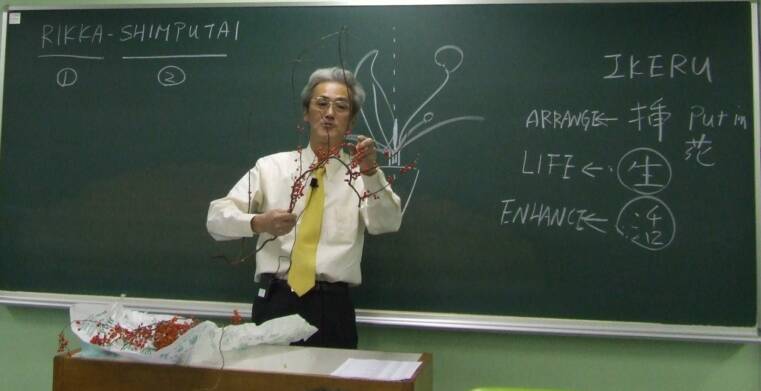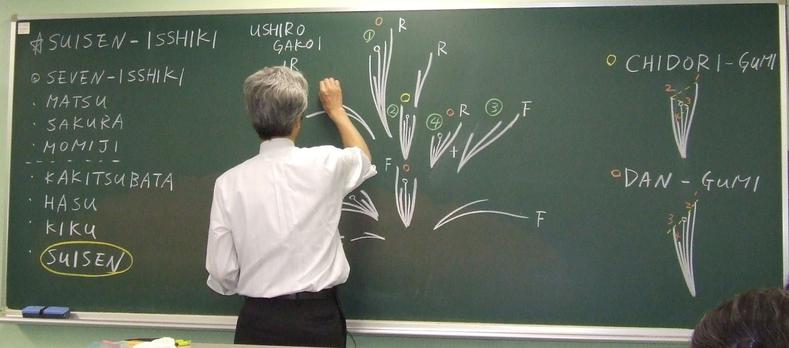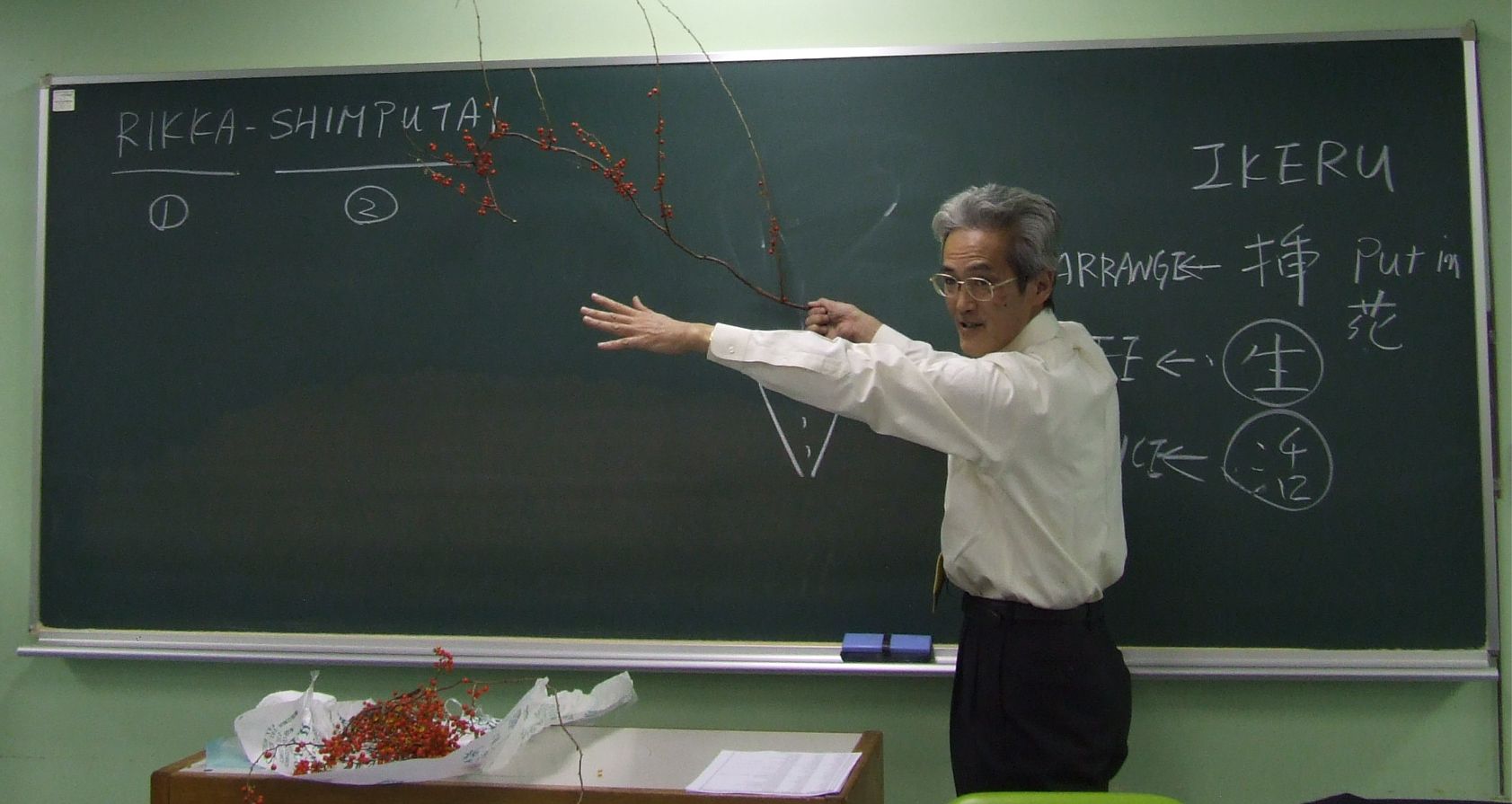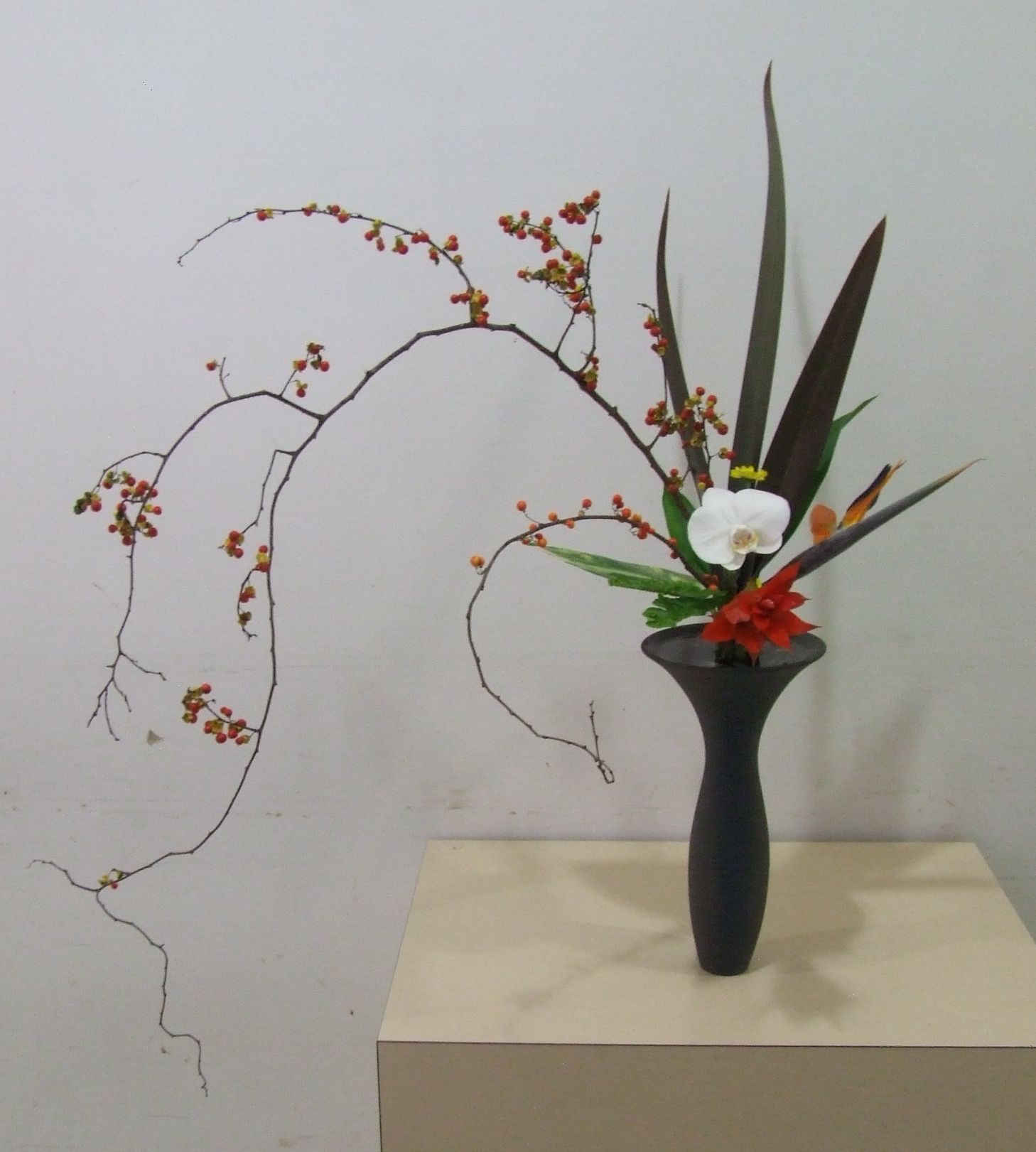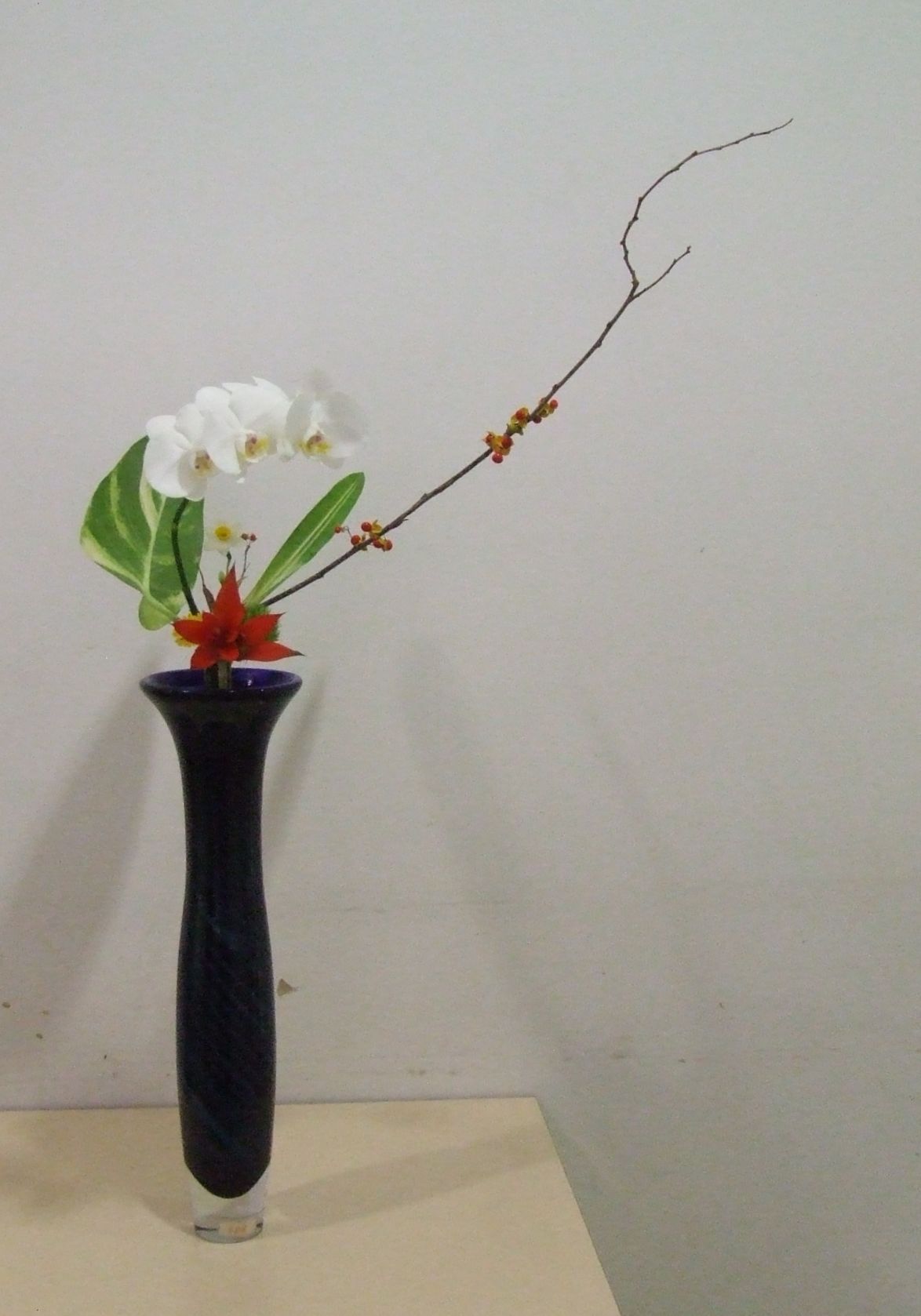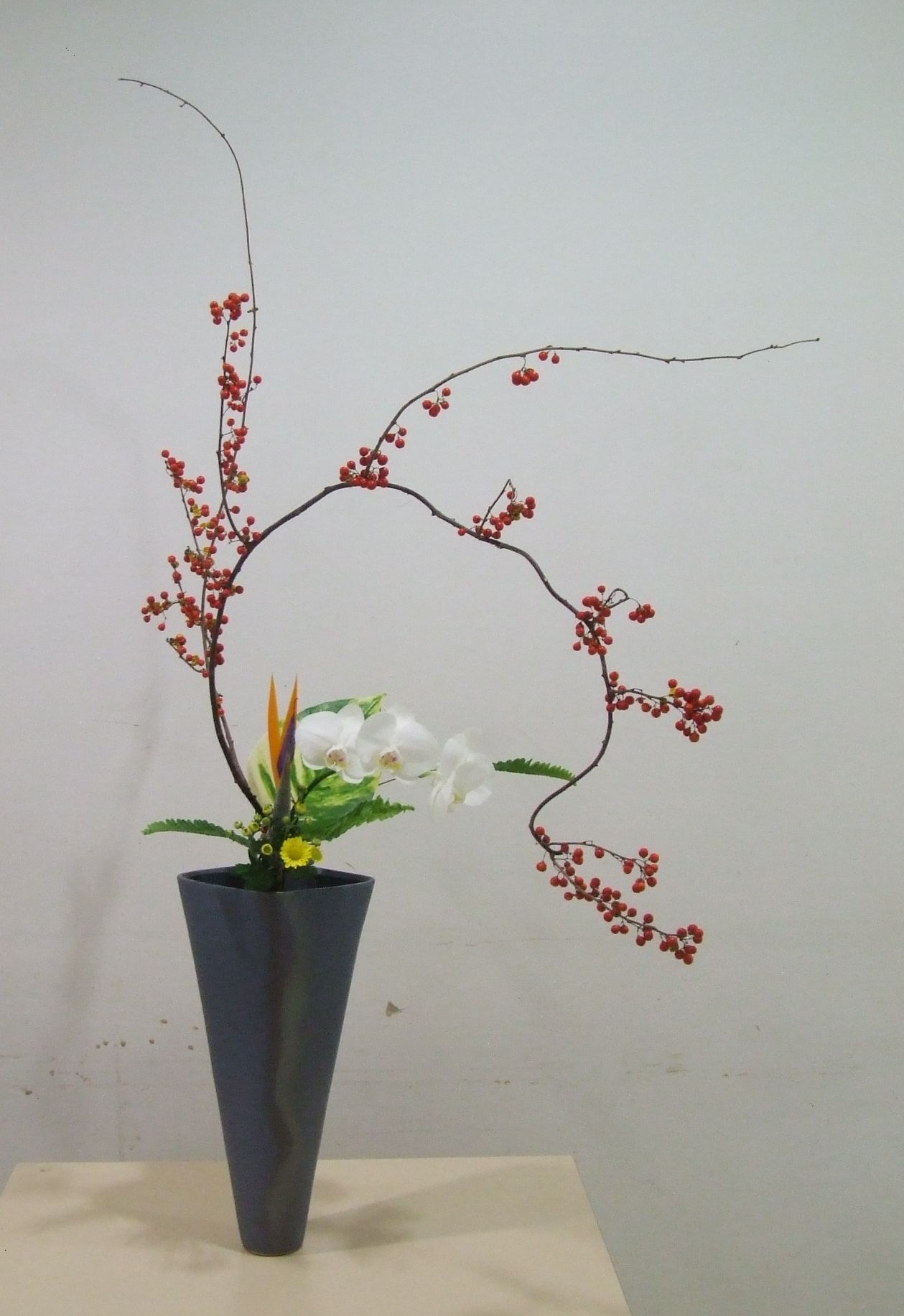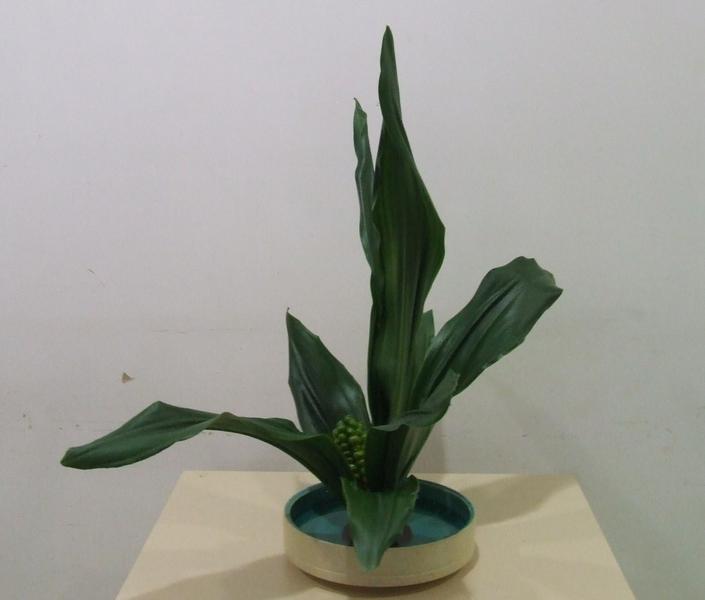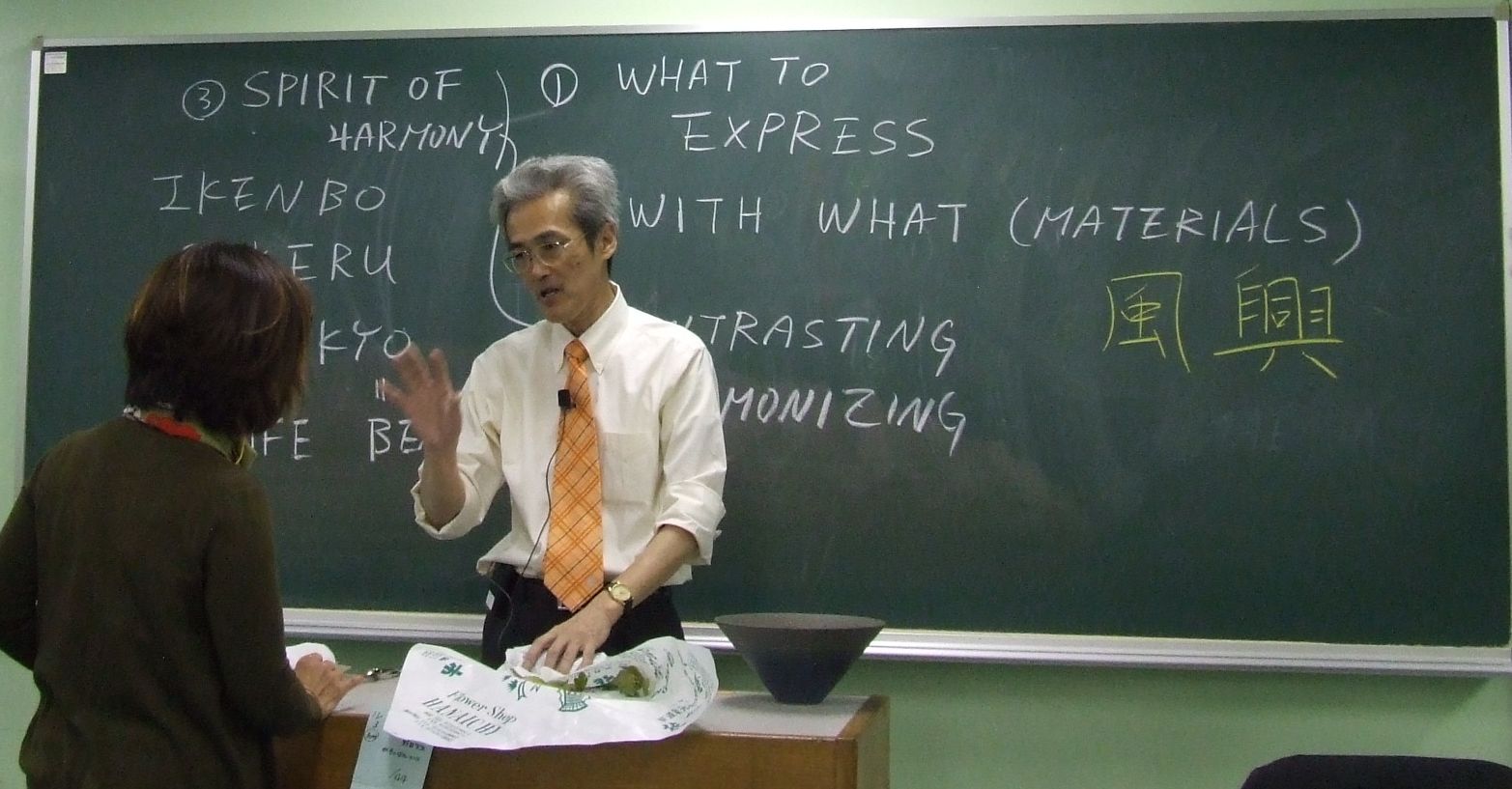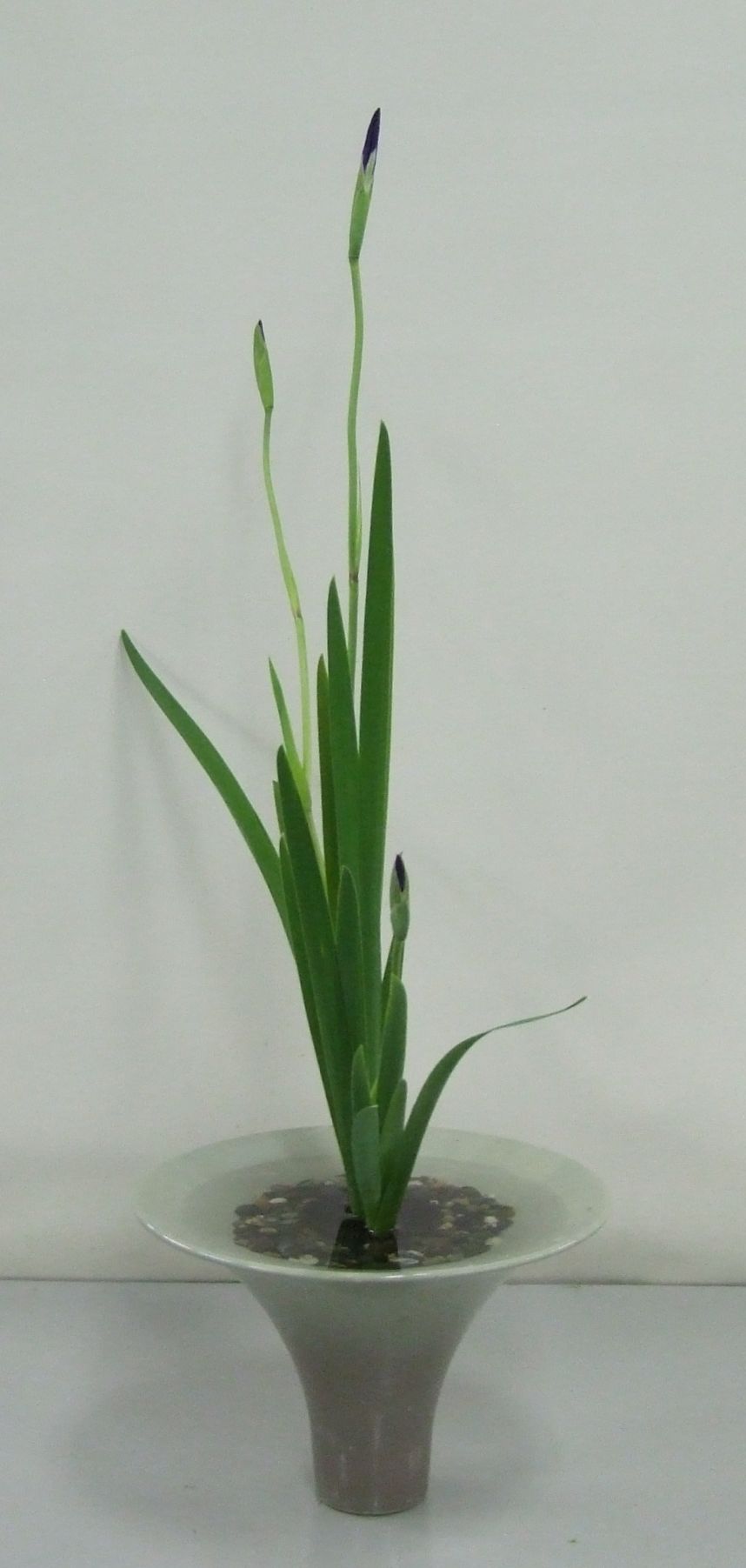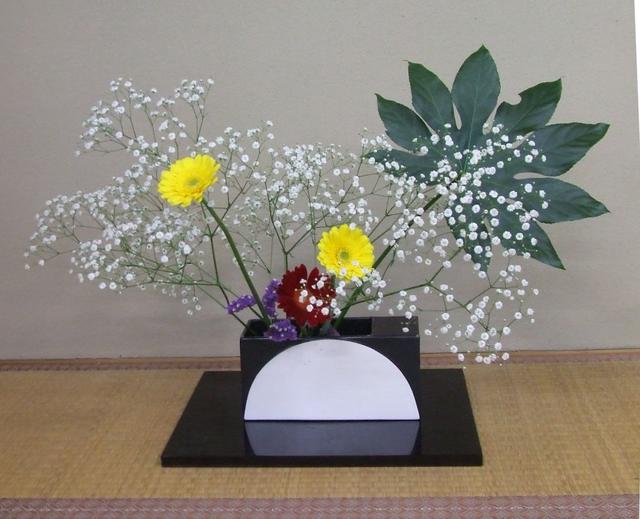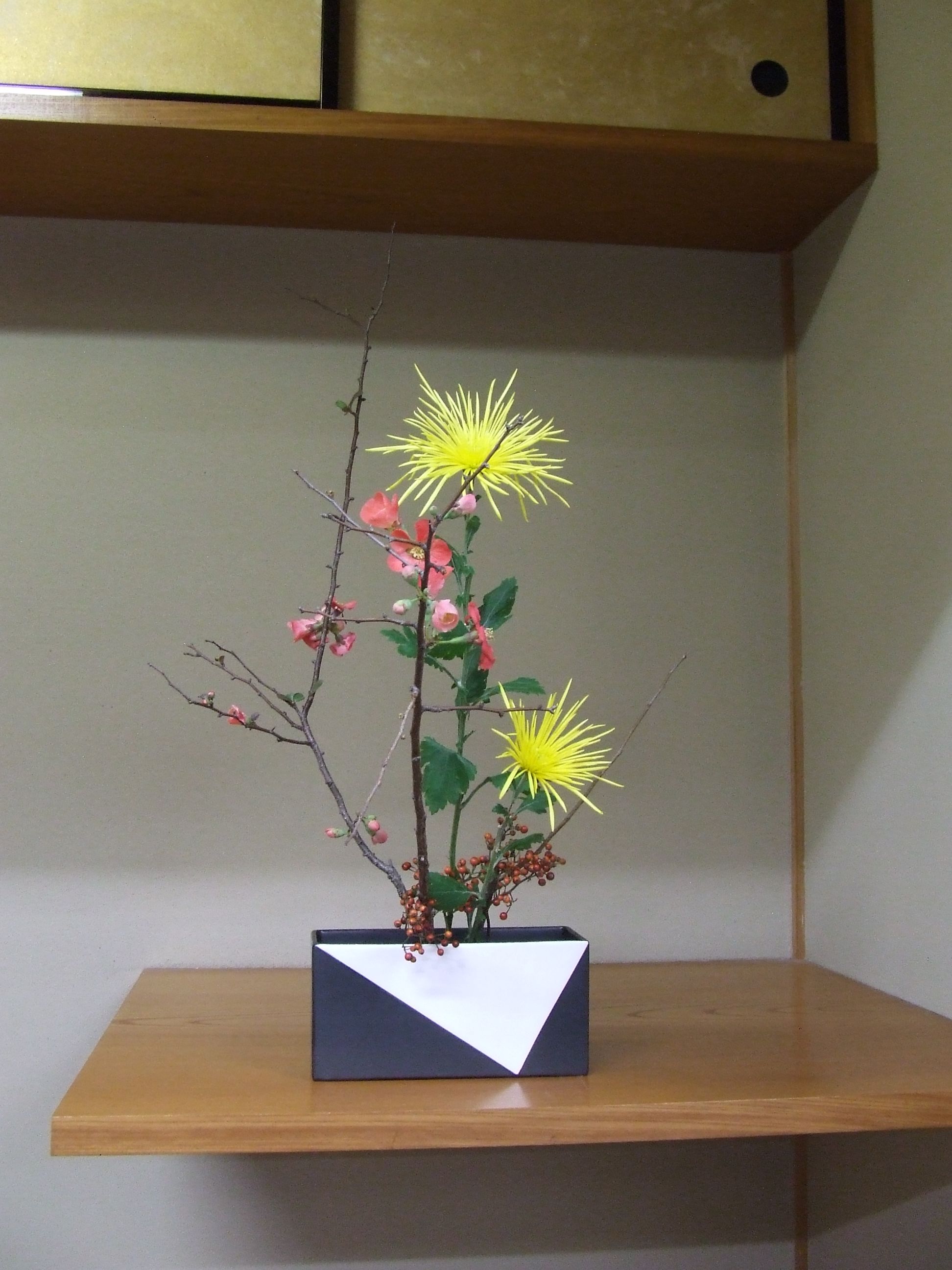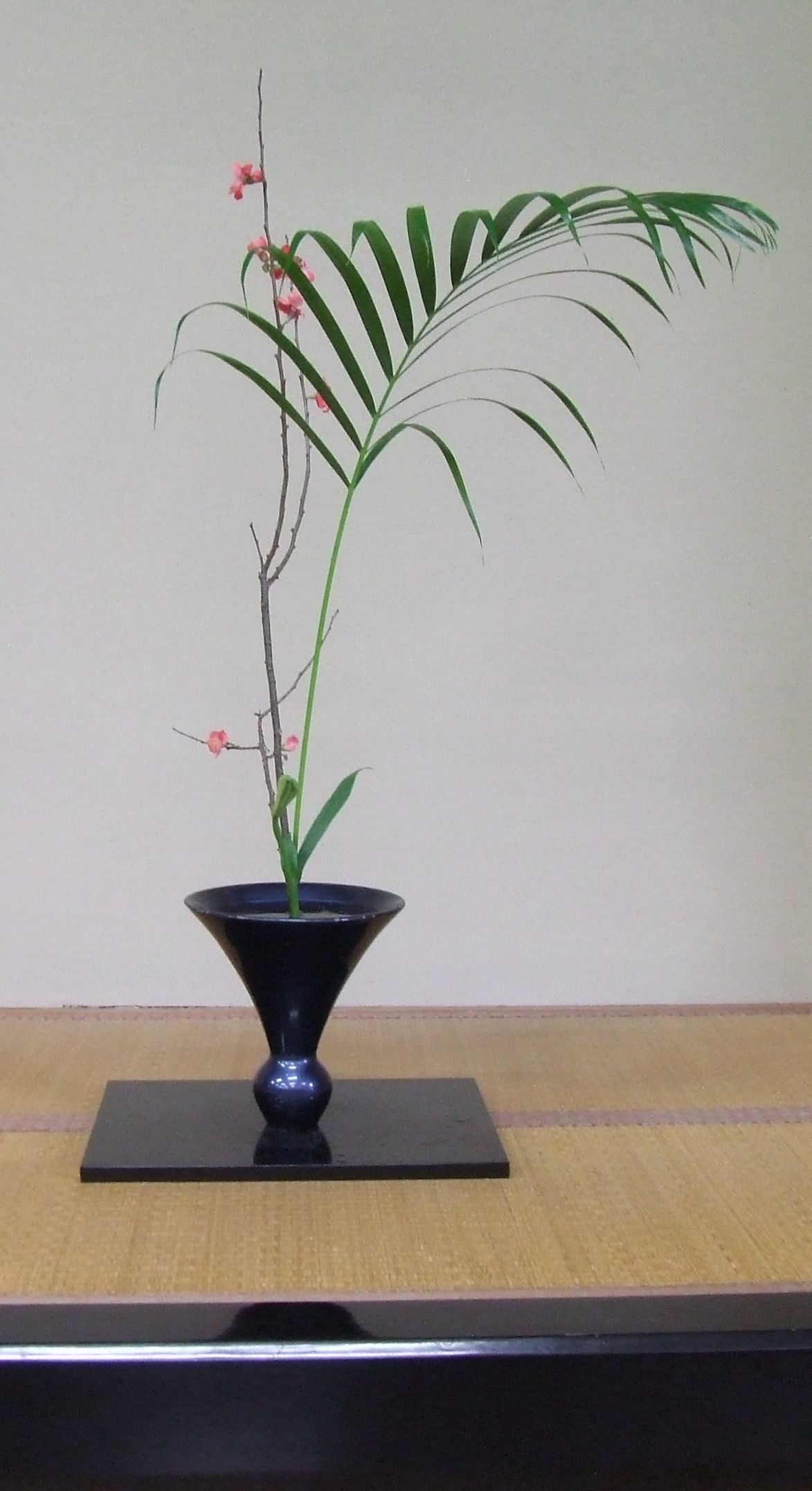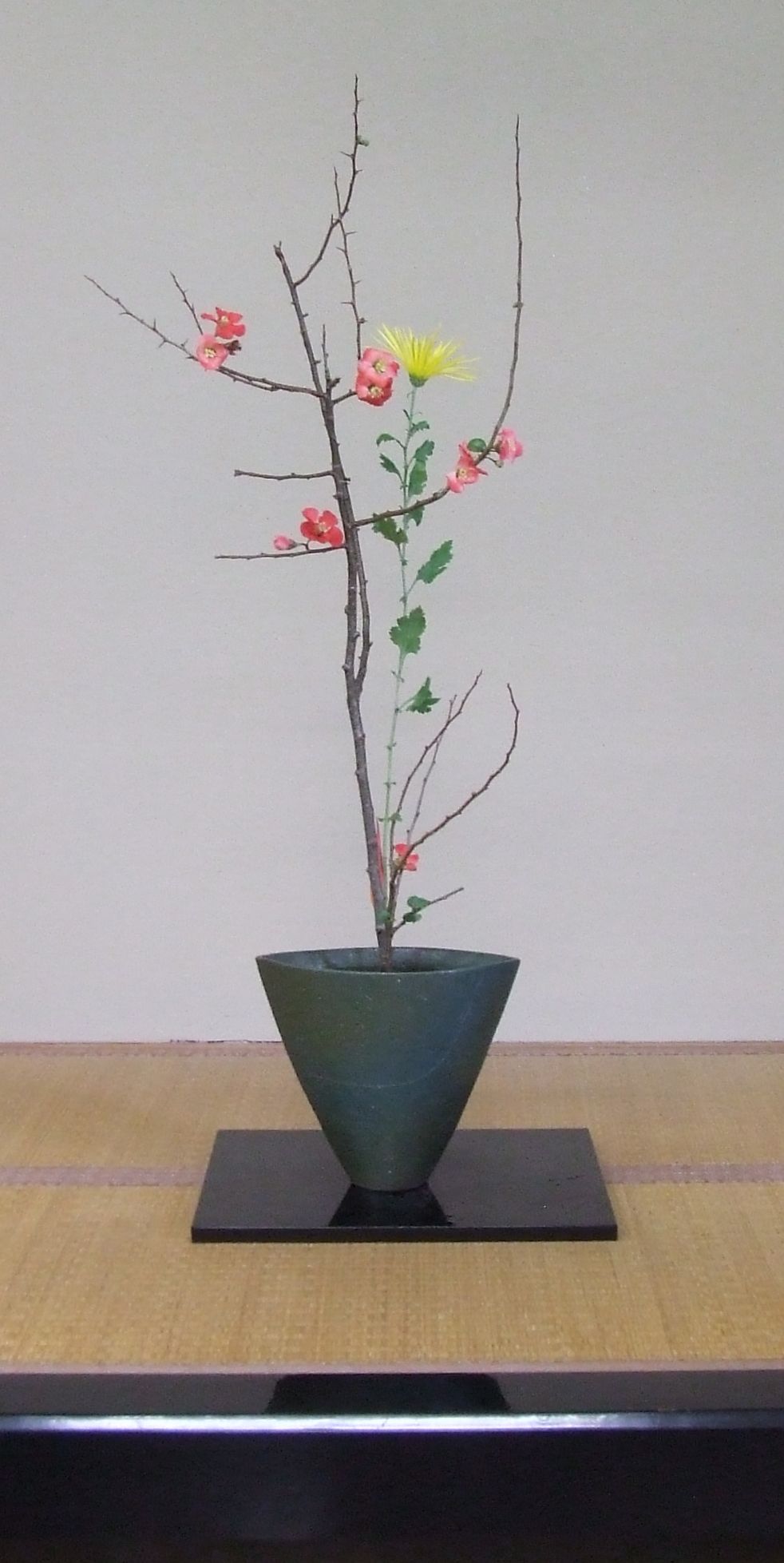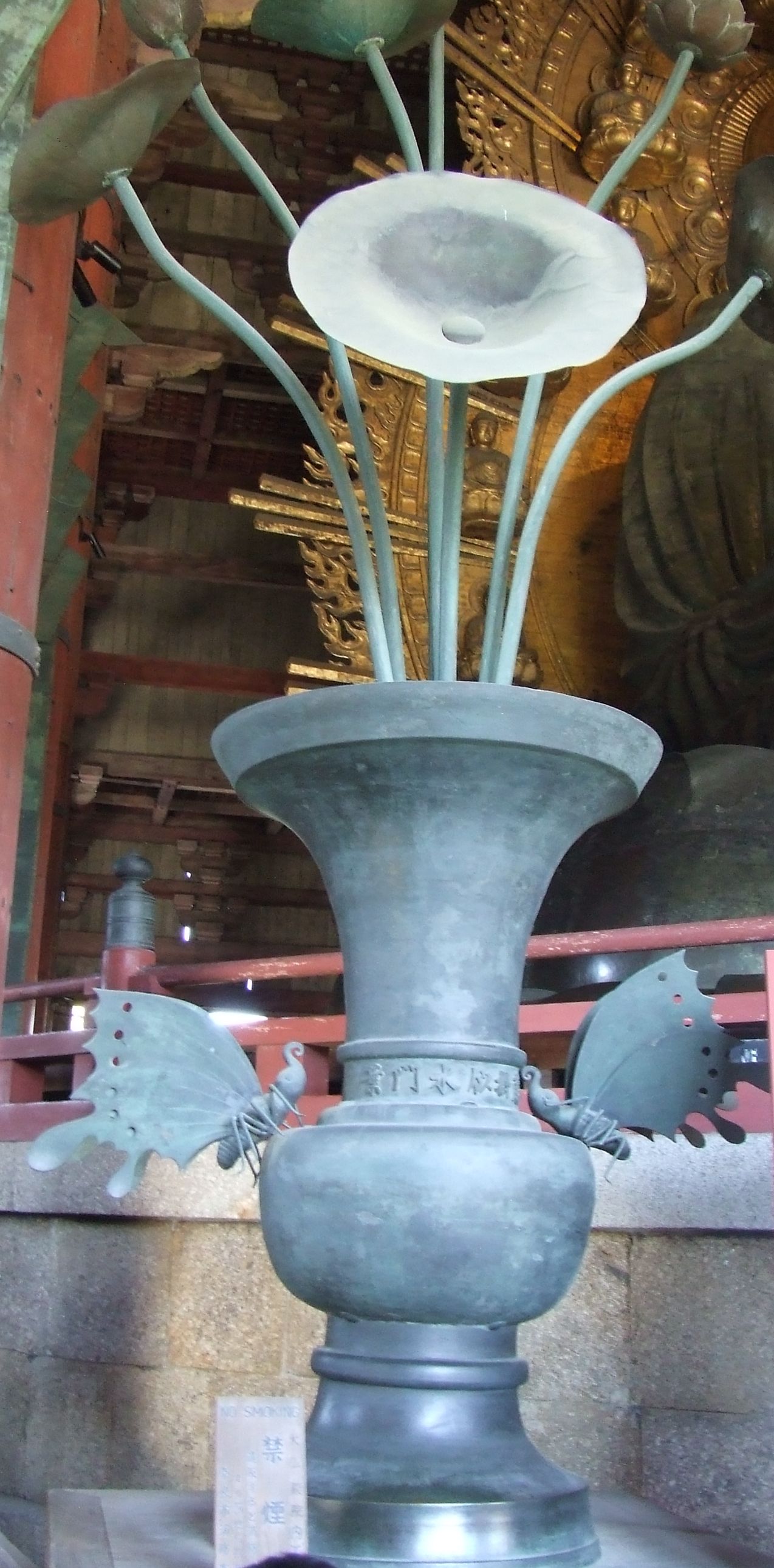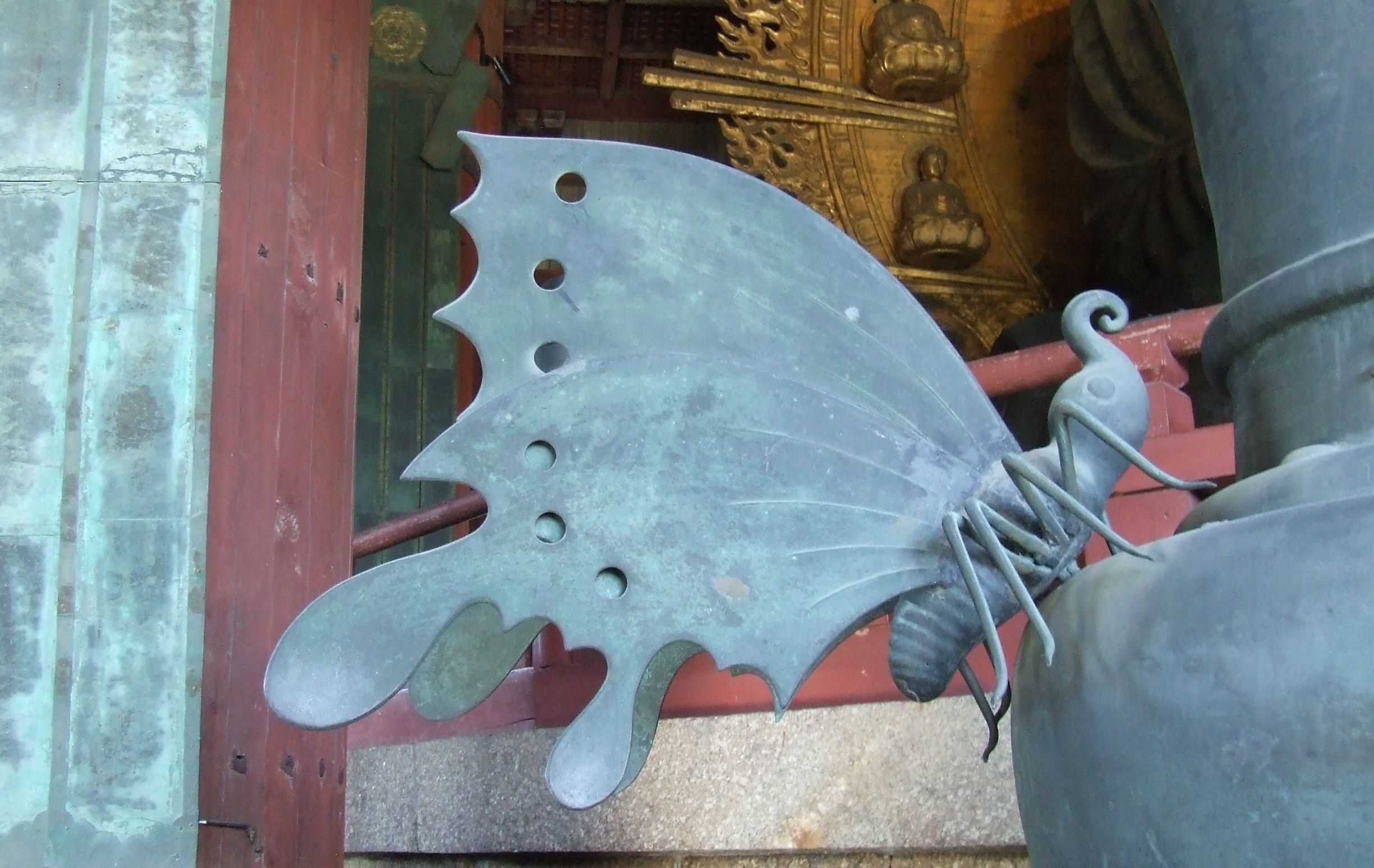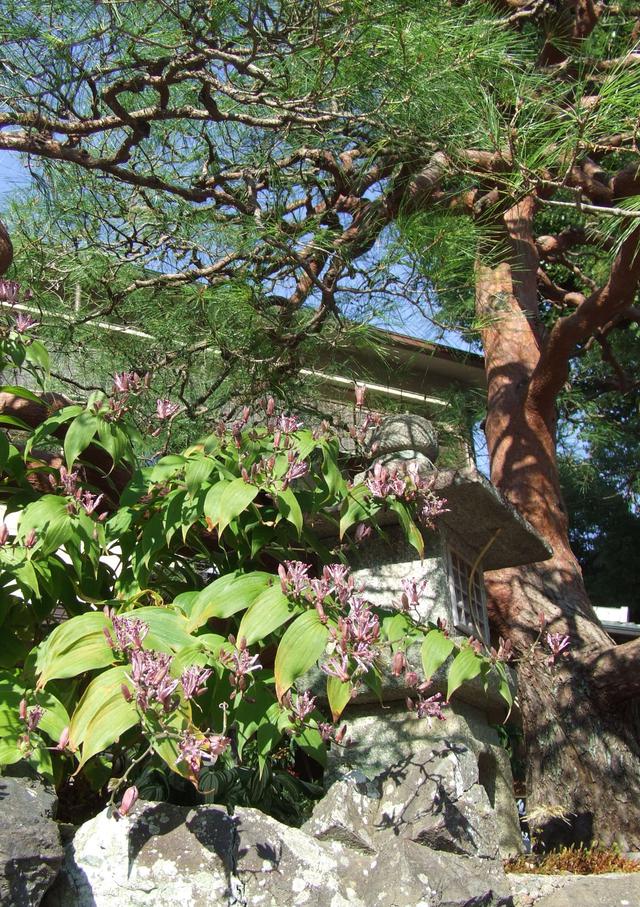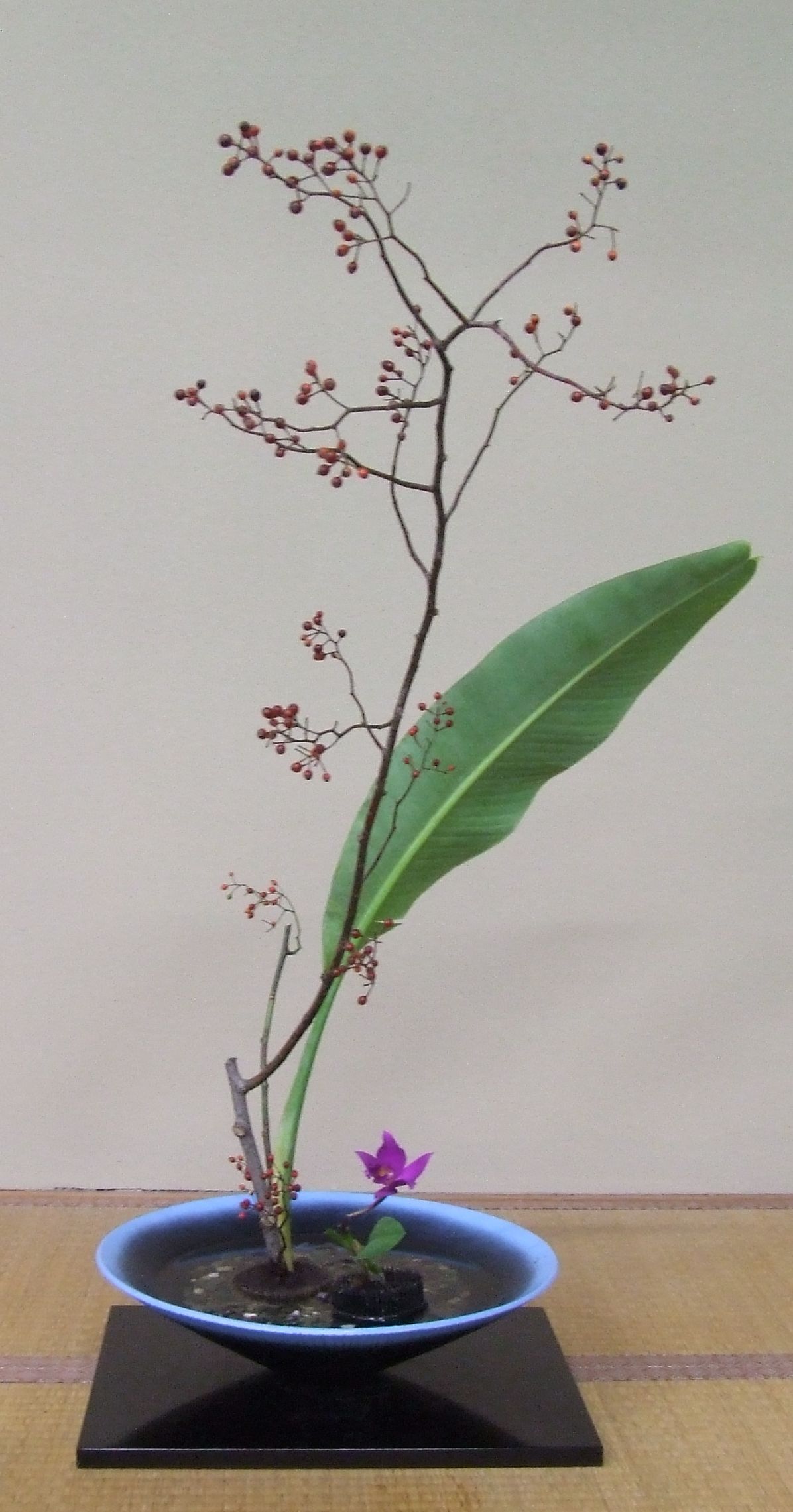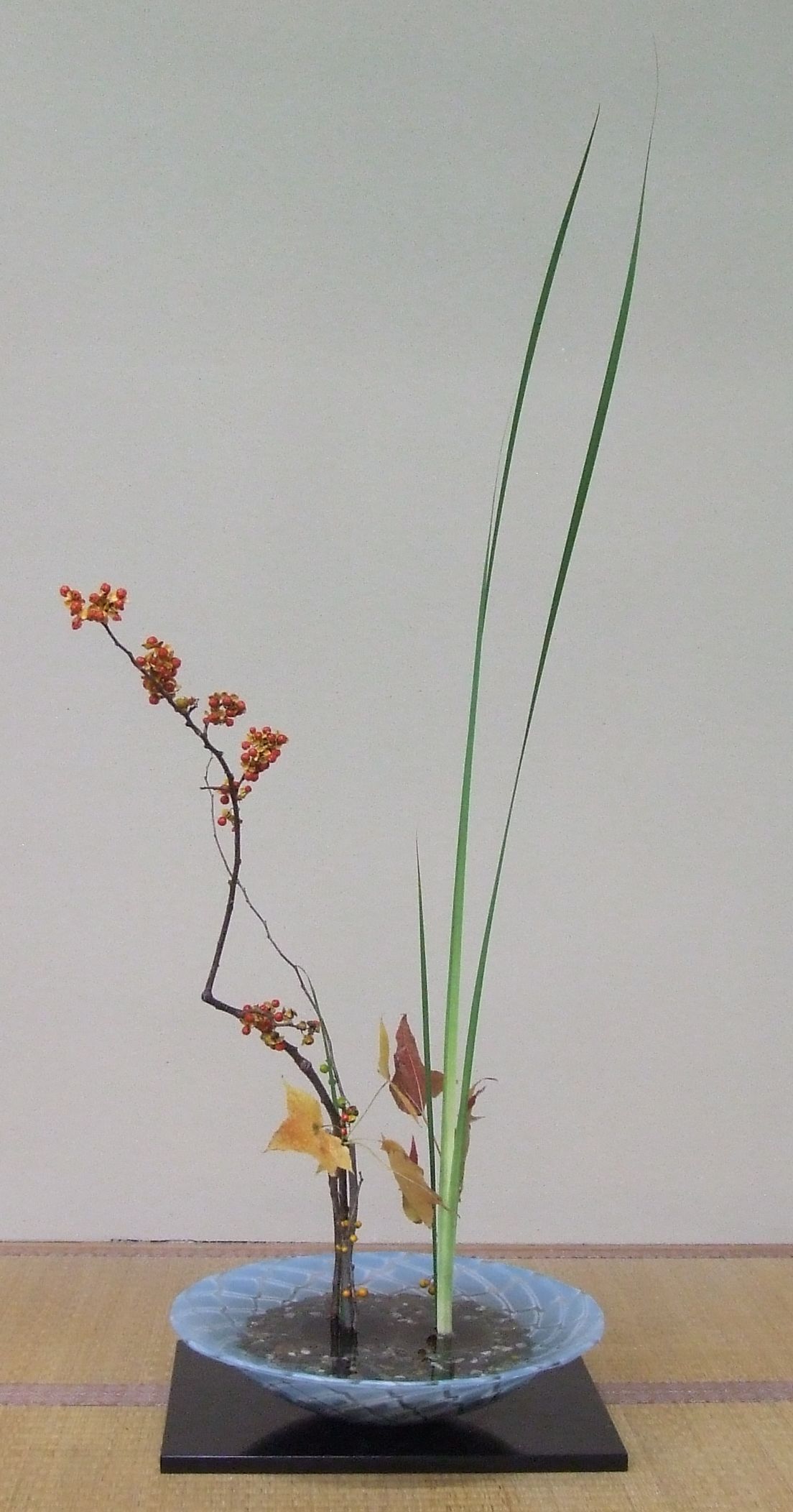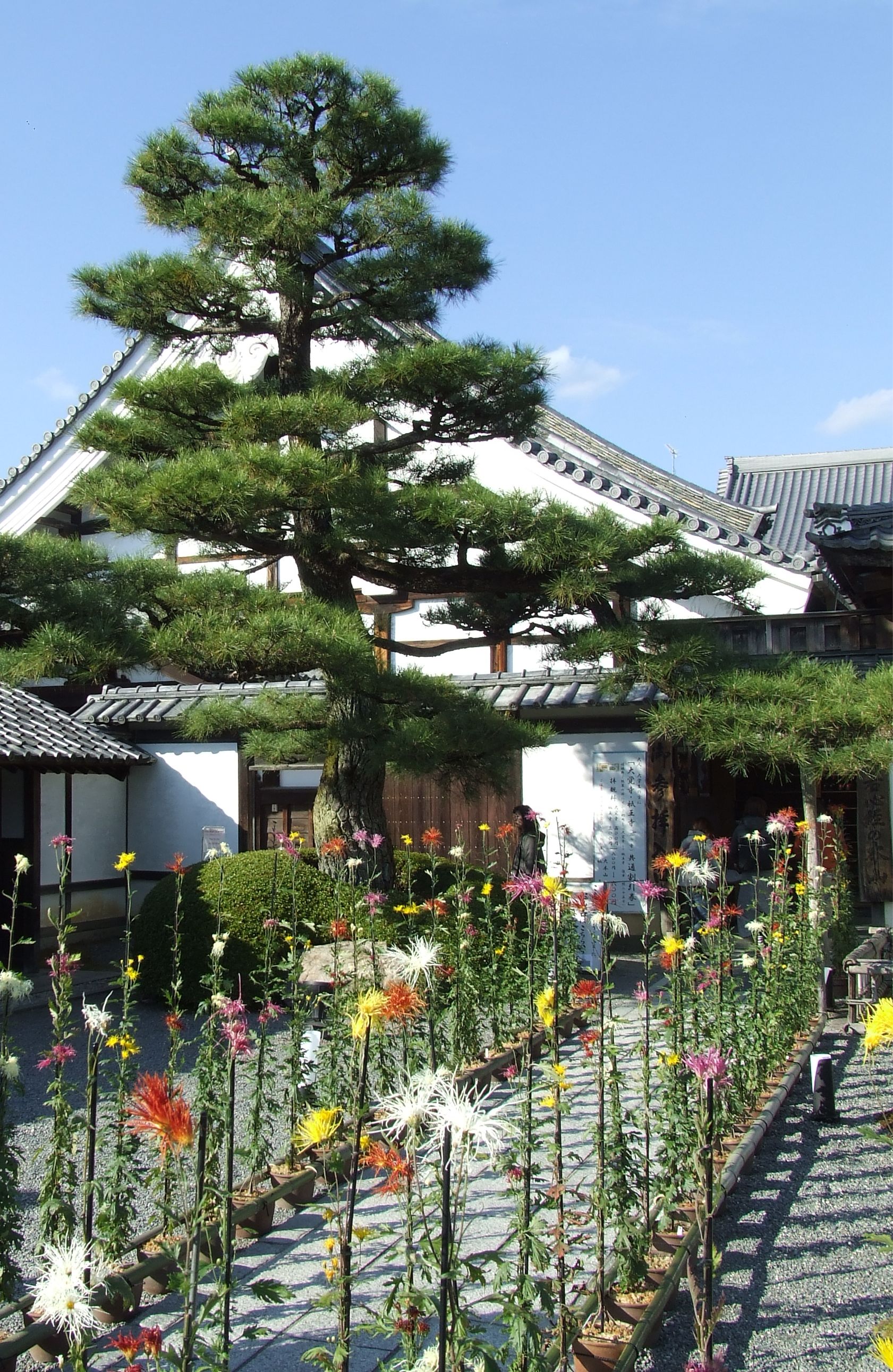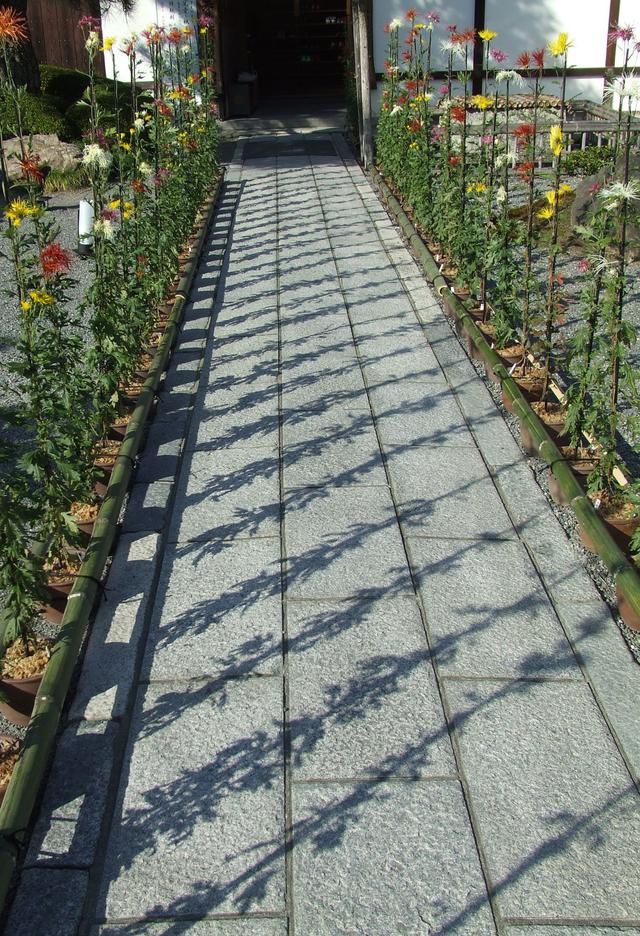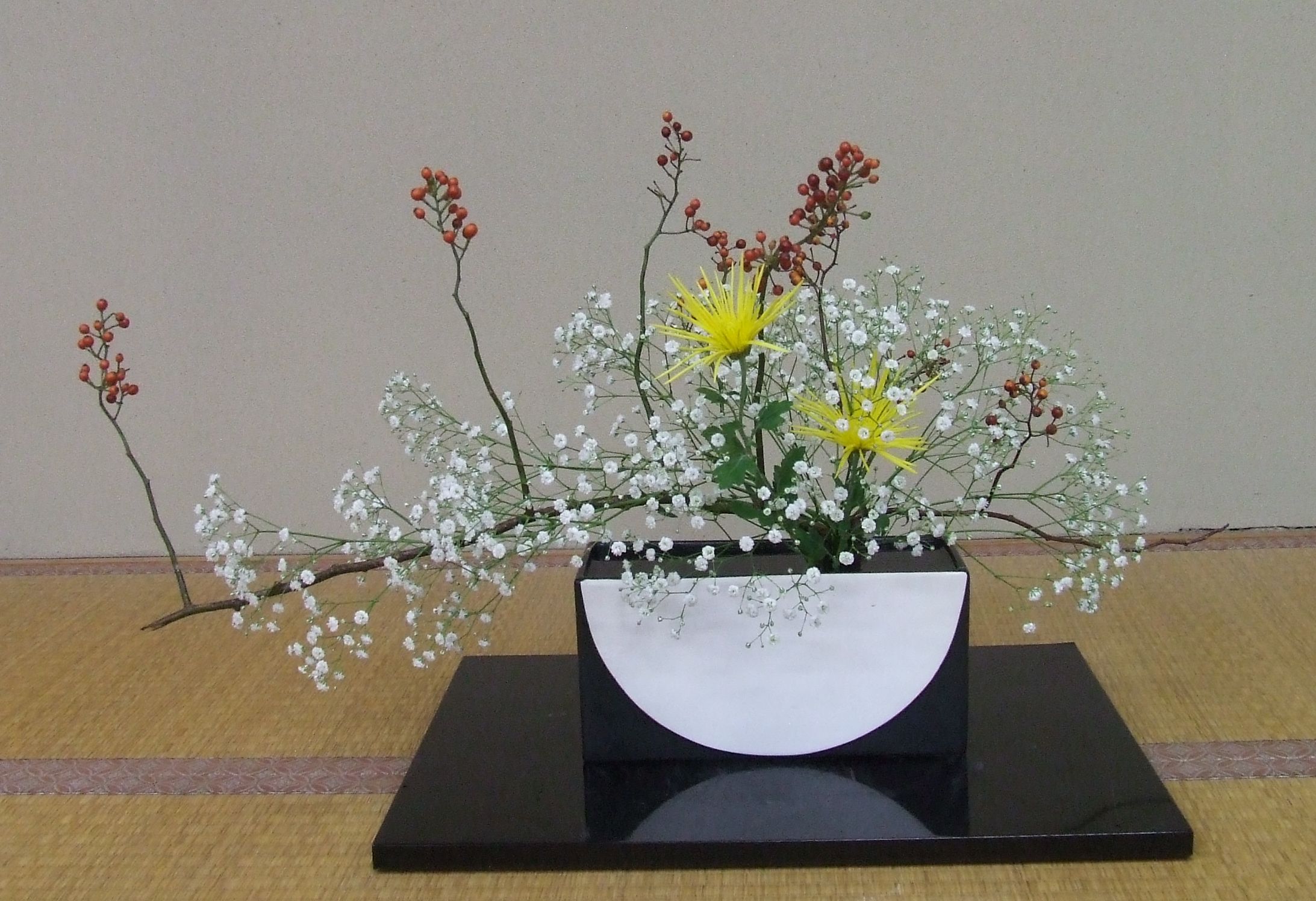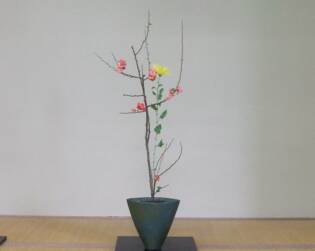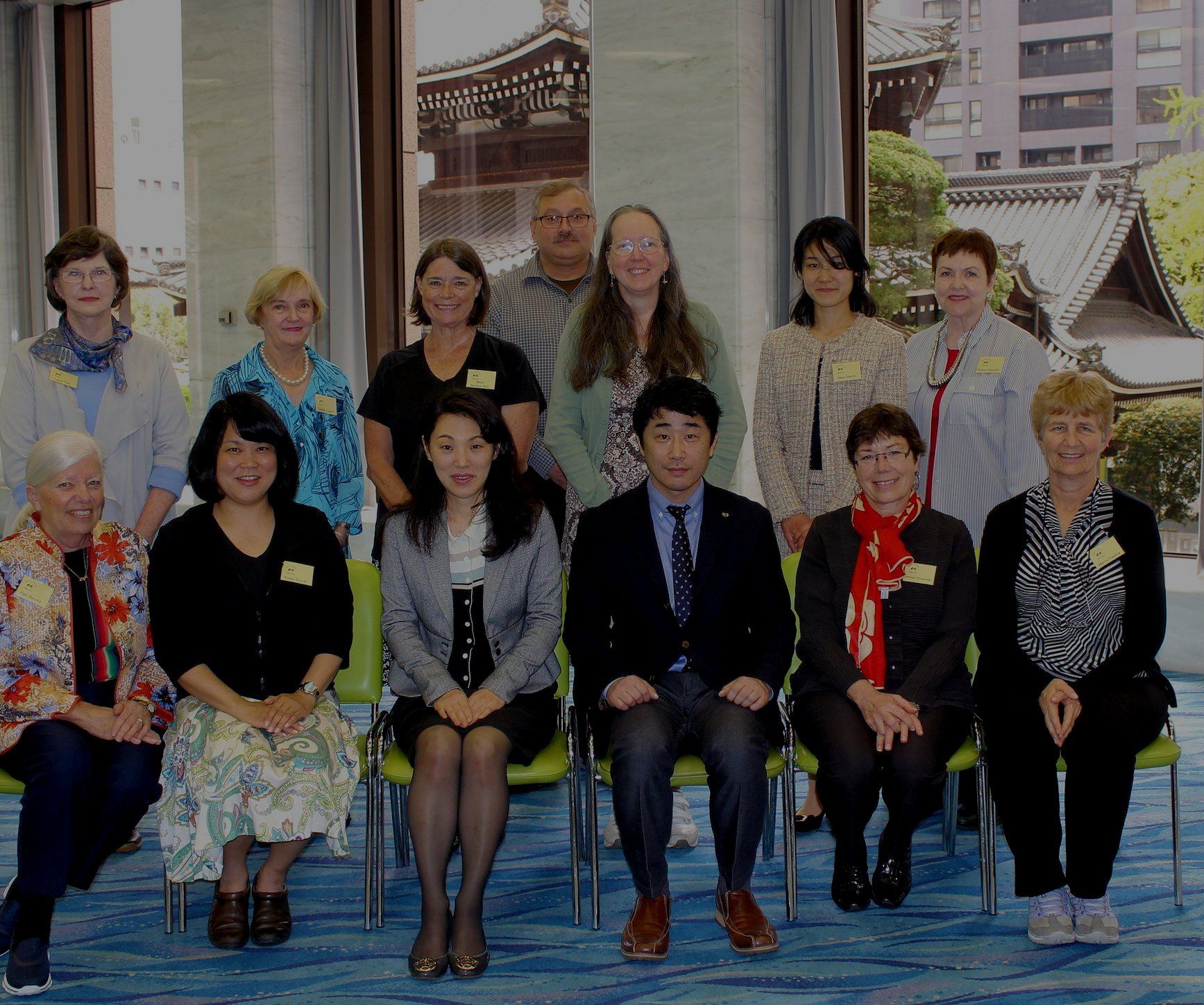Ikenobo Ikebana Society of America
Colorado Chapter
Ikenobo Kado Boulder
Colorado Chapter
To join the Organization
Join the Colorado Chapter !
1. Do I have to know how to speak Japanese?
- No, In fact a majority of our members do not speak Japanese and unlike other flower schools in the area All our lessons are given in English. All are welcome to attend.
2. Is Ikebana difficult to learn?
- Not at all, our teachers are trained to give clear and concise instructions in English with handouts and drawings to assist you. During each lesson the instructor will sit down with you one-on-one to discuss your creation and how to refine it into an elegant Ikenobo Japanese arrangement.
3. I have heard that lessons cost a lot of money?
- Our lessons are extremely reasonably priced starting at just $10,00 for an hour lesson. Most of the time students will make two arrangements during each lesson. You pay the wholesale price for the flowers and you get to take everything home to enjoy. You are not required to pre-pay for classes. You only pay for the classes you attend. People attend when they have available free time.
4. Do I have to pay a big fee to join the organization and take classes?
- No, In fact Ikenobo is inexpensive at only $30.00 per year and you get a lot of great benefits including an Ikenobo yearly magazine, free workshops, and participation in exhibitions. It is a great value!!!
5. How long does it take to learn Ikebana?
- In Japan people generally look at Ikebana as a life long pursuit but here in the U.S. you can become proficient in only a short time.
6. How do you advance in Ikebana?
- Just like some Karate groups and other Japanese art schools Ikenobo awards levels of learning with certificates. Some students like to earn certificates to show their level of advancement along the path of learning. Others just like to come and have fun making arrangements.
7. I have been told that advancement certificates cost hundreds of dollars?
- Well for some flower schools in the U.S. that is true, but at Ikenobo the certificates are extremely reasonable in price and average only $35.00 for the first five achievement awards.
8. What if I want to do wild creative Ikebana - do you have that ?
- Yes - at Ikenobo you can select what styles you would like to learn and follow your own unique path - we have everything from very traditional to ultra-modern to choose from. Or do all of them - what ever you like.
9. Is this some kind of religious practice?
- No, while Ikenobo is associated with a temple in Japan where it was invented - Ikenobo has grown into a world-wide organization of floral artists and is not religious in nature.
We invite you to become part of the time honored tradition of Ikenobo –the largest Ikebana School in the world. While the headquarters for the Ikenobo school has been located at the Rokkakudo Temple in Kyoto, Japan since it’s founding in 1462, there is a dynamic Colorado Chapter that has been active for over 48 years. Ikenobo professors and teachers will show you how to make flower arrangements recognized the world over for their composition and beauty right here in Colorado! Please join use in becoming part of the rich history of Ikenobo.
Benefits of becoming a new member for only $30.00 include:
Access to monthly hands-on workshops at various locations in Denver, Boulder and CO Springs.
Access to the Workshops presented by a senior professor of Ikenobo from Kyoto, Japan.
Ikenobo Study Tour in Japan conducted every 5 years by the world headquarters in Kyoto.
Advancement Certificates.
Fill out the form at the end of this website and send it in to Join.
Frequently asked Questions Below
American Study Tour, Ikenobo Institute
Kyoto , Japan
Seven Days of Special Workshops
October 29 to November 8.
Kado - the path of flowers, Saga Chrysanthemum, Daikaku-ji Temple
Day 1 - Narcissus Rikka - Suisen Isshiki
Professor Noda, Lecture
Suisen Rikka
Day 2 - Suisen and Kakitsubata Iris Shoka
Professor Noda, Lecture
Late Summer Kakitsubata Shoka
Suisen Shoka.
Day 3 - Rikka Shimputai
Professor Noda, Lecture
Omoto Shoka
Day 4 - Omoto - Rhodea Japonica Shoka and Freestyle
Professor Noda, Lecture
Professor Noda, Lecture
Freestyle
Rikka Shimputai
Other classmates work.
Professor Noda, Lecture
Omoto Shoka by Emiko Suzuki, Yakugatte
Kakitsubata Shoka by Emiko Suzuki
Day 5 - Special Workshop, Rikka Shofutai
Professor Nishida, Lecture
Professor Nishida, Rikka Shofutai
Day 6 - Special Workshop, Shoka Shimputai and Futakabu Shimputai
Professor Nishida lecture on forms in Rikka Construction
Professor Nishida lecture on Futakabu
Professor Nishida lecture on Futakabu Shimputai
Marita hard at work taking notes.
Muriel Scrivner Futakabu Shimputai
Marita Futakabu Shimputai
Futakabu Shimputai before correction
Futakabu Shimputai after correction
Day 7 - Freestyle
Professor Nishida lecture on Freestyle
Professor Nishida tests a student in front of the whole class (never see that done before).
Professor Nishida Freestyle in the Tokanoma in the classroom.
Professor Nishida lecture on Shimputai Shoka
Professor Nishida Shimputai Shoka
Professor Nishida Shimputai Shoka
Professor Nishida Freestyle in the Tokanoma in the classroom.
Professor Nishida Freestyle in the Tokanoma in the classroom.
Pictures of Japan in November
Saga Chrysanthemum display
Daikaku-ji Temple
Great Buddha at Nara, Notice the Ushiro display and two lotus rikka.
Great Buddha at Nara, Giant Lotus Rikka Display in a traditional container with butterfly handles.
. Hototogi at Arashiyama
Frequently Asked Questions


